Here are my favorite poems about happiness categorized:
- Short poems about happiness
- Poems about happiness and love
- Poems about happiness by famous poets
- Poems about happiness that rhyme
- Poems about happiness in life
So if you want the best poems about happiness, then you’re in the right place.
Let’s get right to it!
- 57 Joyful Poems About Gratefulness
- 53 Enchanting Poems About Peace
- 47 Endearing Poems About Acceptance
- 25 Soothing Poems About Calmness
- 67 Bittersweet Poems About Nostalgia
- 67 Heartening Poems About Hope
- 43 Invigorating Poems About Smiles
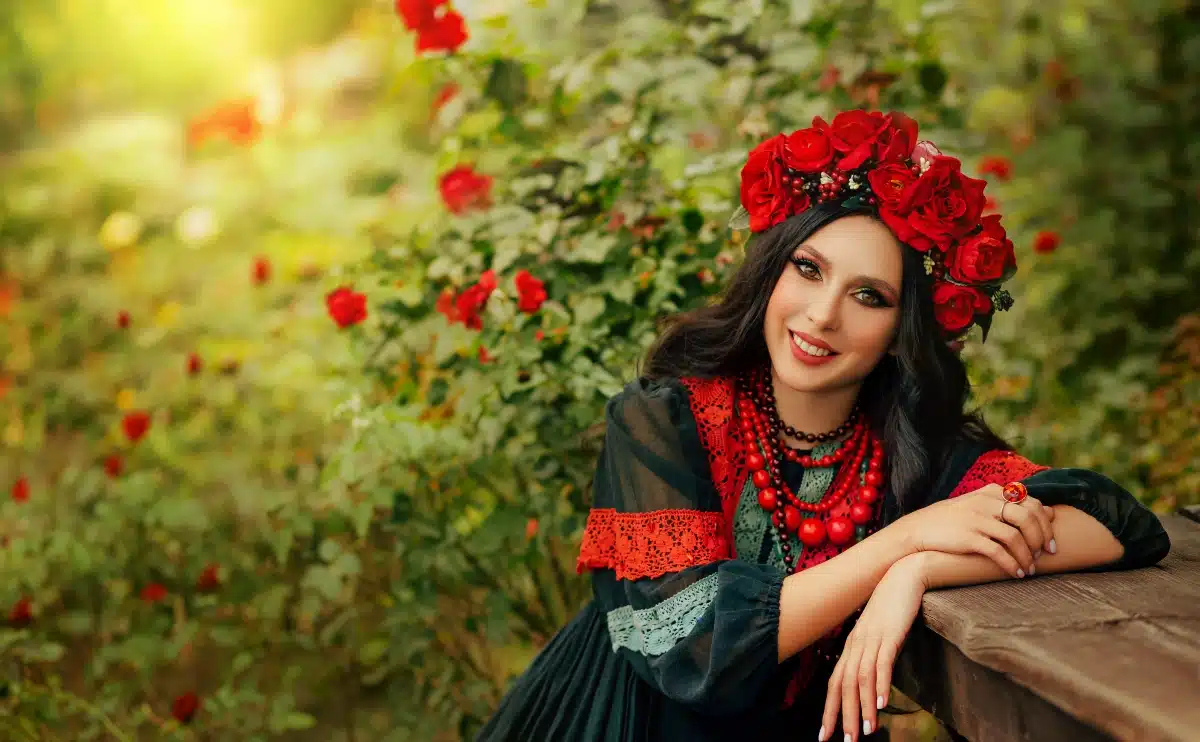
Euphoric Poems About Happiness
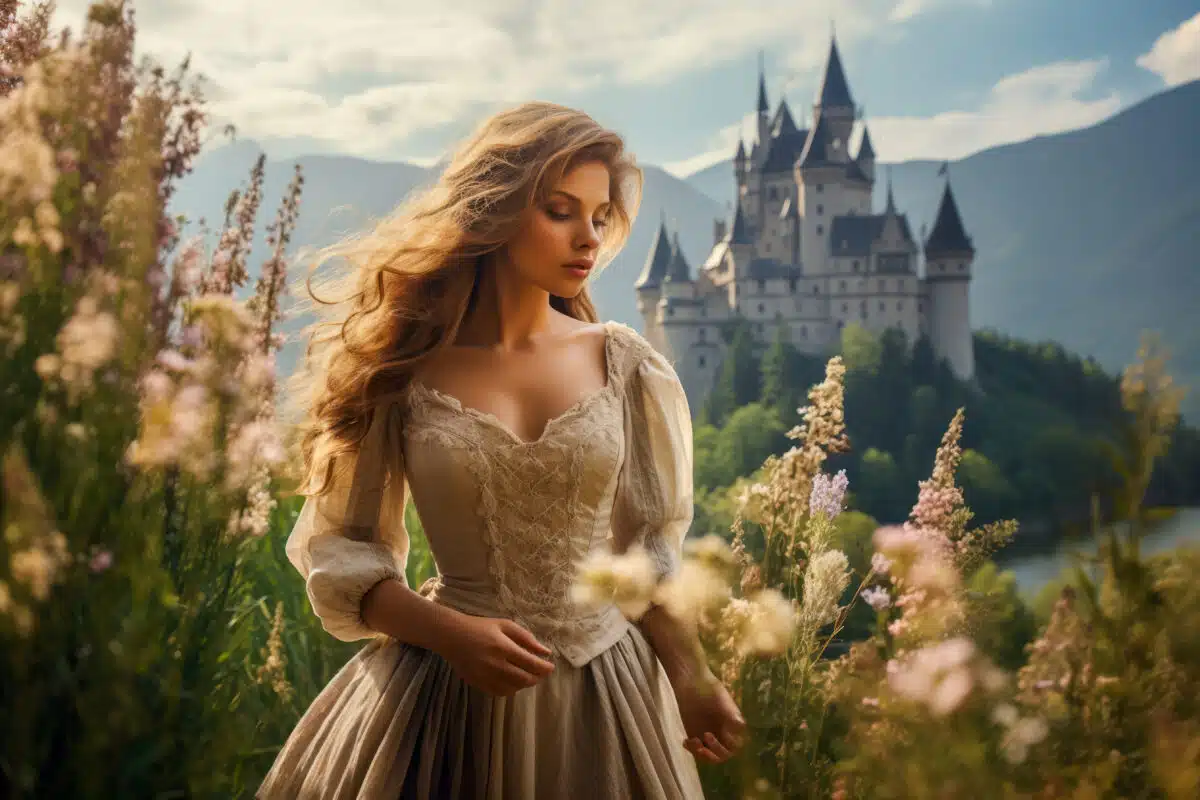
Bask in the warm glow of poems that celebrate the essence of happiness, thoughtfully categorized for your browsing delight.
Our selection encompass little nuggets of joyful verses that will uplift your spirit and bring a smile to your face and verses that paint vivid portraits of life’s blissful moments and experiences.
Whether you seek the enchantment of succinct expressions or the lyrical exploration of life’s joys, the poems we’ve got are bound to make your soul dance with happiness.
Join us as we embark on a poetic odyssey that celebrates the golden glow of happiness.
Happy reading!
My #1 Favorite Poem About Happiness

“Happiness” by Madison Julius Cawein
Around its mountain many footpaths wind,
But only one unto its top attains;
Not he who searches closest, takes most pains,
But he who seeks not, that one way may find.
Short Poems About Happiness
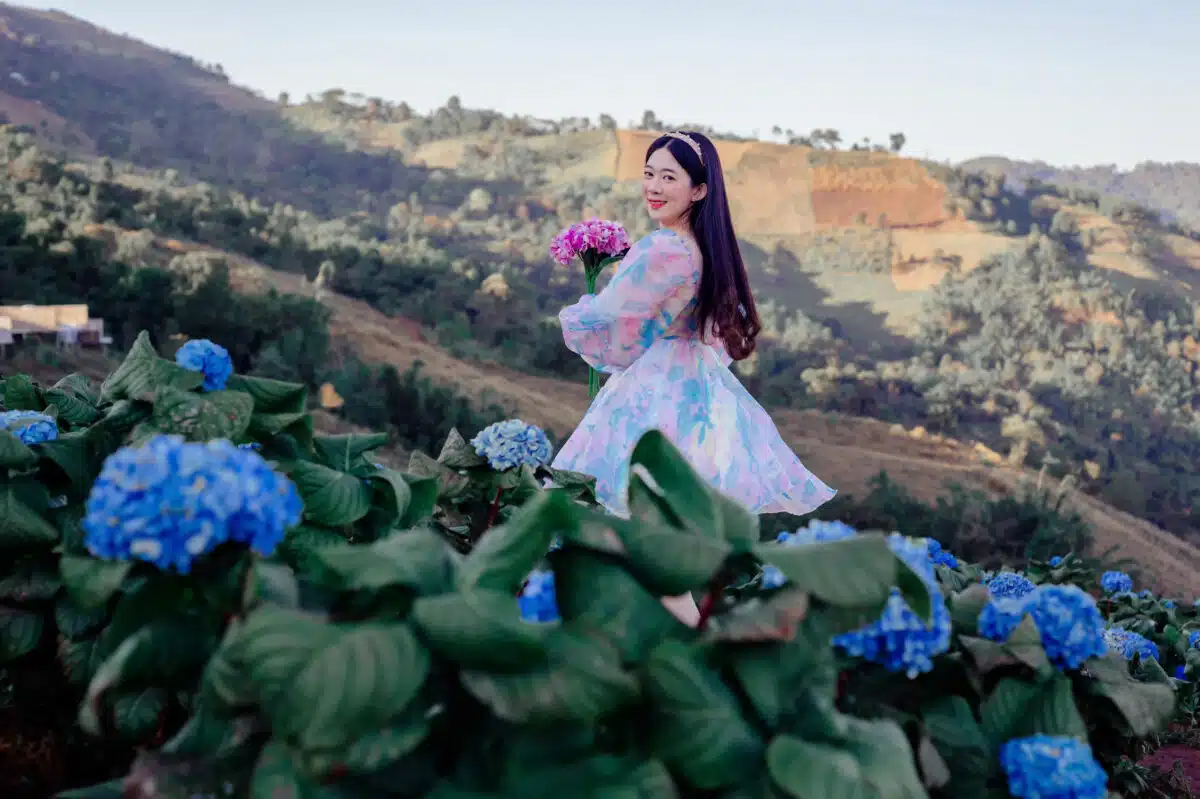
“Four Things Make Us Happy Here” by Robert Herrick
Health is the first good lent to men;
A gentle disposition then:
Next, to be rich by no by-ways;
Lastly, with friends t’ enjoy our days.
“Simplicity” by Emily Elizabeth Dickinson
How happy is the little stone
That rambles in the road alone,
And does n’t care about careers,
And exigencies never fears;
Whose coat of elemental brown
A passing universe put on;
And independent as the sun,
Associates or glows alone,
Fulfilling absolute decree
In casual simplicity.
“Sonnet XVII: Happy Is England” by John Keats
Happy is England! I could be content
To see no other verdure than its own;
To feel no other breezes than are blown
Through its tall woods with high romances blent:
Yet do I sometimes feel a languishment
For skies Italian, and an inward groan
To sit upon an Alp as on a throne,
And half forget what world or worldling meant.
Happy is England, sweet her artless daughters;
Enough their simple loveliness for me,
Enough their whitest arms in silence clinging:
Yet do I often warmly burn to see
Beauties of deeper glance, and hear their singing,
And float with them about the summer waters.

“Joy” by Sara Teasdale
I am wild, I will sing to the trees,
I will sing to the stars in the sky,
I love, I am loved, he is mine,
Now at last I can die!
I am sandaled with wind and with flame,
I have heart-fire and singing to give,
I can tread on the grass or the stars,
Now at last I can live!
“Oh, Timballoo! How Happy We Are” by Louisa May Alcott
“Oh, Timballoo! how happy we are,
We live in a sieve and a crockery jar!
And all night long, in the starlight pale,
We sail away, with a pea-green sail,
And whistle and warble a moony song
To the echoing sound of a coppery gong.
Far and few, far and few
Are the lands where the Jumblies live;
Their heads are green, and their hands are blue,
And they went to sea in a sieve.”
“Joy” by Langston Hughes
I went to look for Joy,
Slim, dancing Joy,
Gay, laughing Joy,
Bright-eyed Joy,—
And I found her
Driving the butcher’s cart
In the arms of the butcher boy!
Such company, such company,
As keeps this young nymph, Joy!
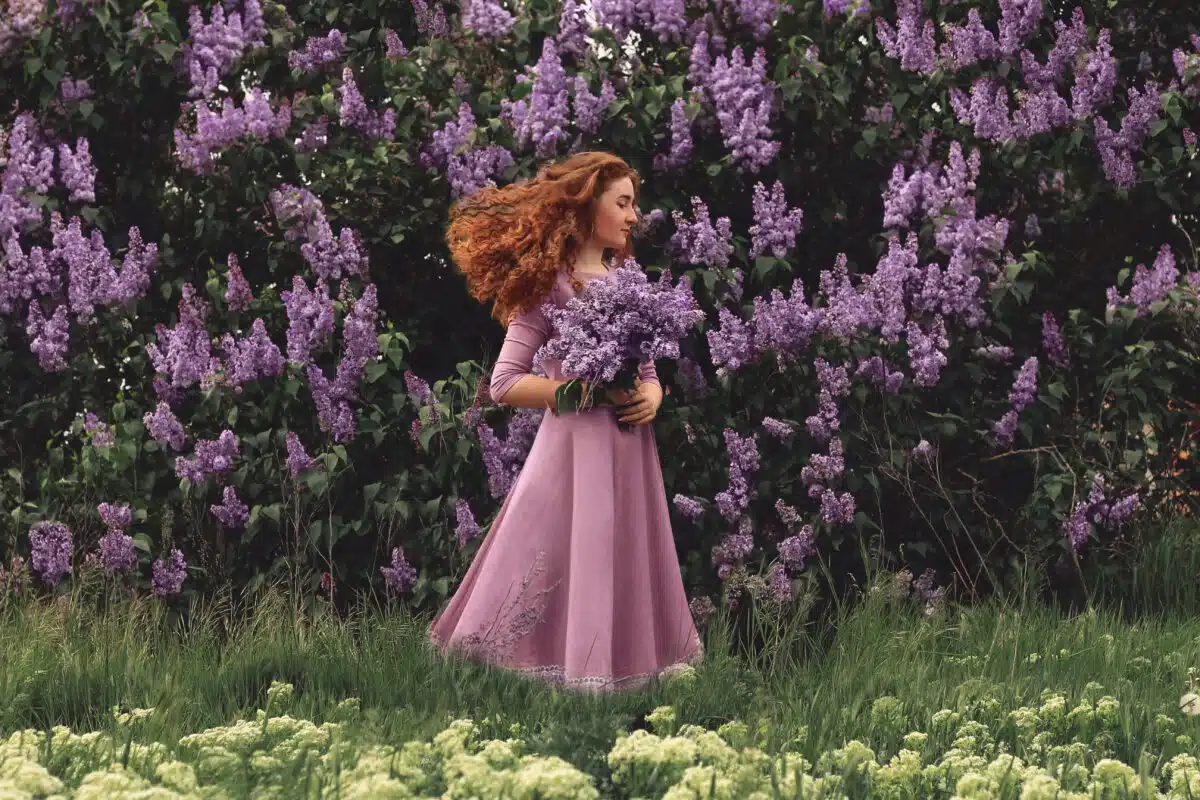
“Joy” by Jeanne d’Orge
He swings upon the high green boughs of life
Up to the stars and down.
Curious about the noisy earth
He parts the leaves to look.
He has the face of a child
Aloof and whimsical
Hearing the slow complaint
Of rheumatism and old age.
Mischief clears the puzzled brows
He shakes the tree…
Oh the glittering scented shower…
Oh the enraptured quiet….
“Joy” by Clarissa Scott Delany
Joy shakes me like the wind that lifts a sail,
Like the roistering wind
That laughs through stalwart pines.
It floods me like the sun
On rain-drenched trees
That flash with silver and green.
I abandon myself to joy—
I laugh—I sing.
Too long have I walked a desolate way,
Too long stumbled down a maze
Bewildered.
“To Joy” by Sara Teasdale
Lo, I am happy, for my eyes have seen
Joy glowing here before me, face to face;
His wings were arched above me for a space,
I kissed his lips, no bitter came between.
The air is vibrant where his feet have been,
And full of song and color is his place.
His wondrous presence sheds about a grace
That lifts and hallows all that once was mean.
I may not sorrow for I saw the light,
Tho’ I shall walk in valley ways for long,
I still shall hear the echo of the song,
My life is measured by its one great height.
Joy holds more grace than pain can ever give,
And by my glimpse of joy my soul shall live.
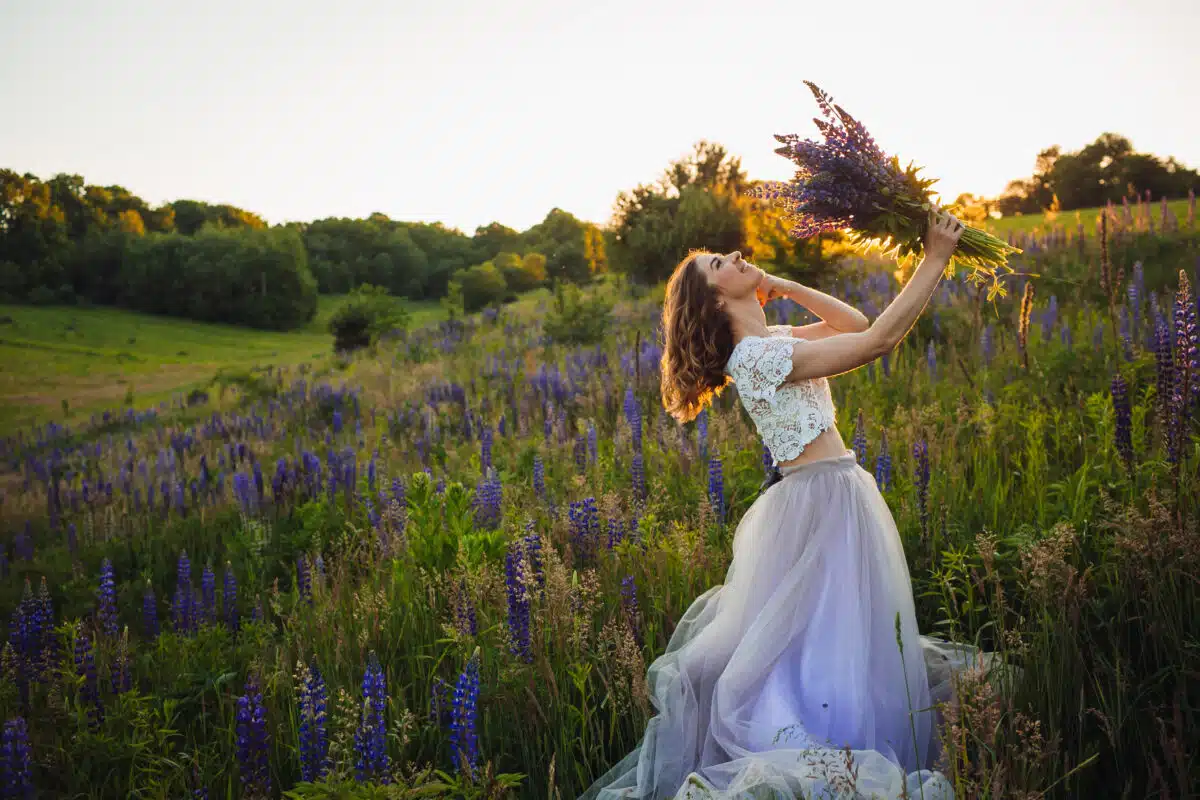
“Happiness.” by Robert Herrick
That happiness does still the longest thrive,
Where joys and griefs have turns alternative.
From “Sketches in Color” by Maxwell Bodenheim
The moon, like the ash-colored wraith of a candle-flame,
Hangs bewildered, in a gaudy, blowing afternoon:
So does your little joy hide itself.
The crippled sunlight drags its huge orange limbs
Over a tiny, squatting hill:
So does your joy pass over me.
At the end of a red, capering afternoon
The dizzy trees bow slowly to the sun:
So do I salute your happiness.
“If you and I—just you and I—” by Unknown
“If you and I—just you and I—
Should laugh instead of worry;
If we should grow—just you and I—
Kinder and sweeter hearted,
Perhaps in some near by and by
A good time might get started;
Then what a happy world ‘twould be
For you and me—for you and me!”
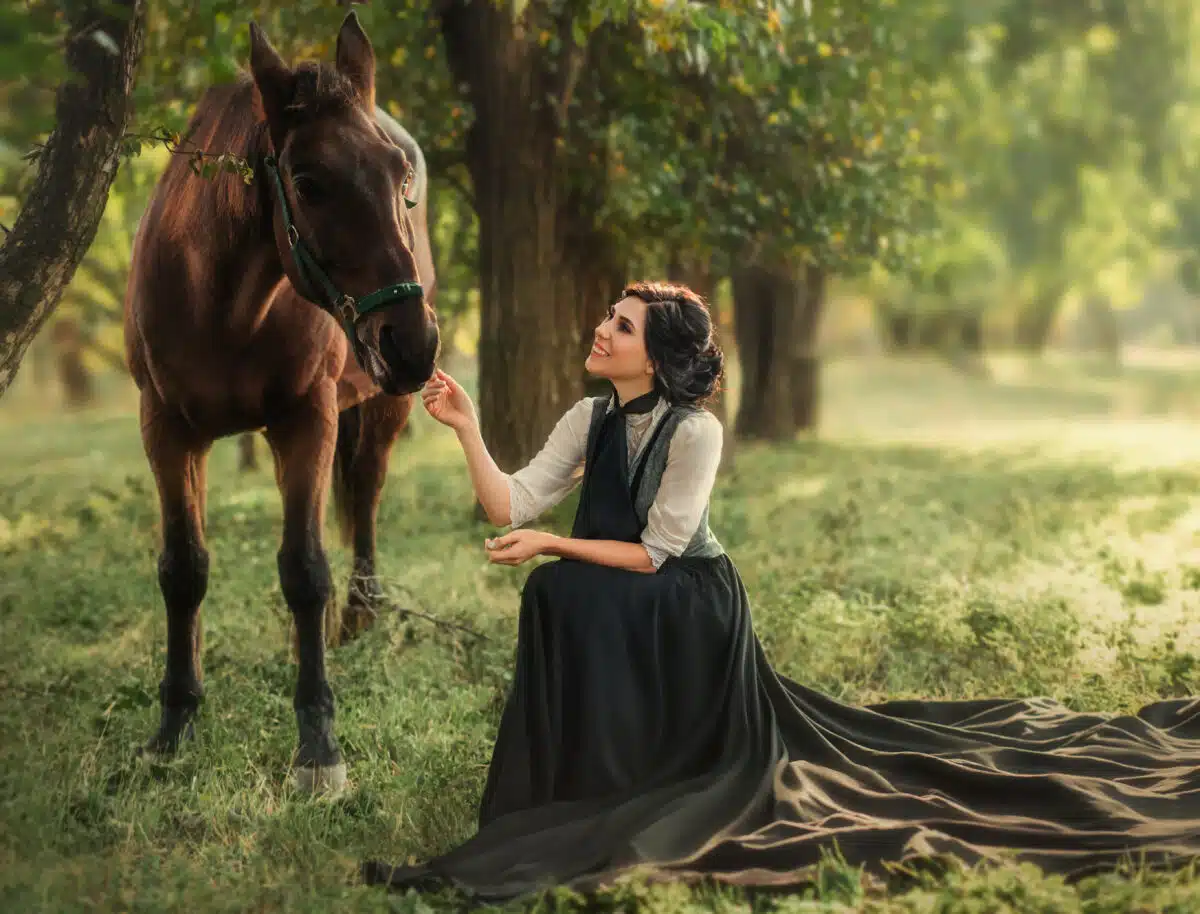
From “The Harp” by Helen Hoyt
Happiness betrays me—
Happiness slays me!
Sorrow was kind and loneliness was my sweet companion,
Denial gave me good gifts.
Now freedom is a bondage upon me
And smoothness slackens my feet.
I will find my way back to the thorns;
I will find my way back again to the good thorns and steepness.
Happiness betrays me—
Happiness slays me.
From “Songs of Many Moods” by Muna Lee
So many folk are happy folk—
The feathered folk and furred!
And many a kindly glance I’ve had
And many a brisk bright word
From squirrel and from gray fieldmouse,
From cardinal and blackbird.
It’s only folk within the wood
Can know my happiness.
I did not tell my secret, but
I heard the robins guess;
The golden minnow knows it
Beneath the water-cress.
From “Poems of Happiness” by Rosalind Mason
The sky, yesterday heavy as earth,
Made me alone bear its weight.
Today it flies—floats—
High as Thy mercies:
And where the light is most glorious
There am I—at the zenith—
Singing with the sun.
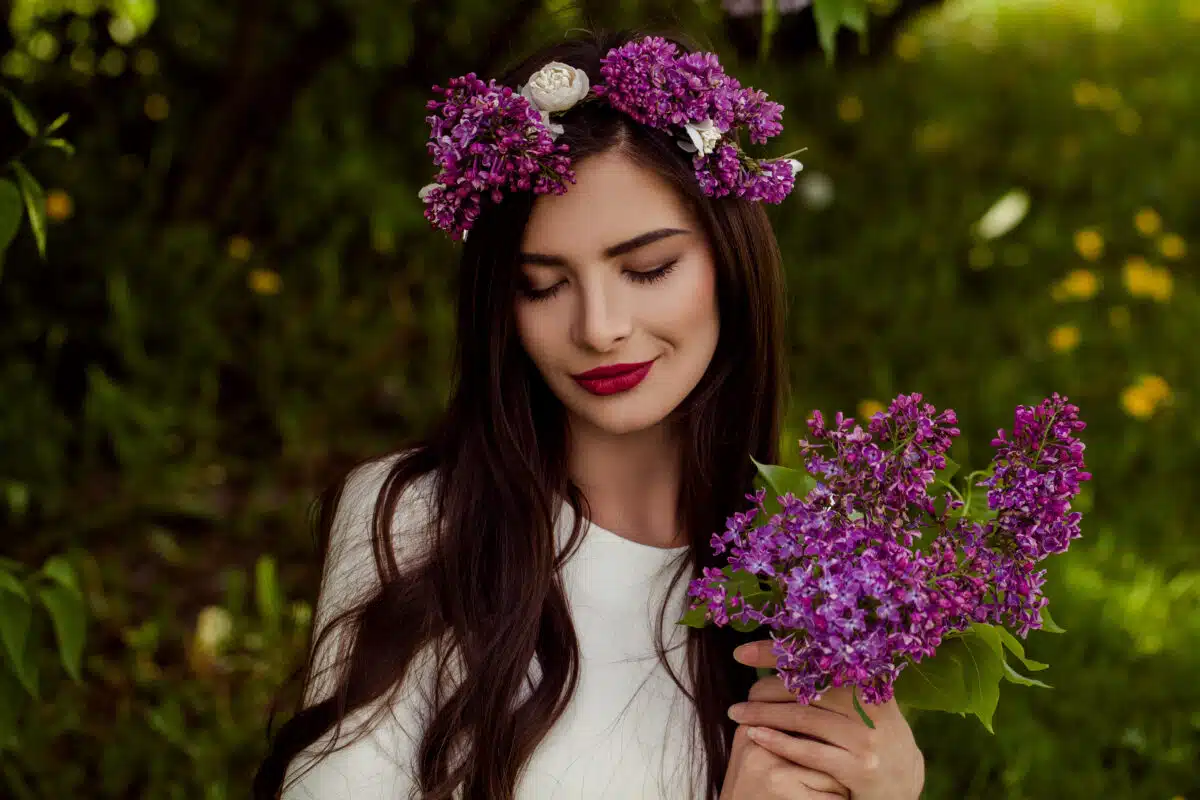
“Happy Letter” by Richard Le Gallienne
Fly, little note,
And know no rest
Till warm you lie
Within that nest
Which is her breast;
Though why to thee
Such joy should be
Who carest not,
While I must wait
Here desolate,
I cannot wot.
O what I ‘d do
To come with you!
“The Rainbow” by William Wordsworth
My heart leaps up when I behold
A rainbow in the sky:
So was it when my life began;
So is it now I am a man;
So be it when I shall grow old,
Or let me die!
The Child is father of the Man;
I could wish my days to be
Bound each to each by natural piety.
“The Rainbow” by Thomas Campbell
Triumphal arch, that fills the sky
When storms prepare to part,
I ask not proud Philosophy
To teach me what thou art.
Still seem, as to my childhood’s sight,
A midway station given,
For happy spirits to alight,
Betwixt the earth and heaven.

“Joy Speaks” by Madison Julius Cawein
One with the Heaven above
Am I its bliss:
Part of its truth and love,
And what God is.
I heal the soul and mind:
I work their cures:
Not Grief, that rends Mankind,
But Joy endures.
Poems About Happiness and Love
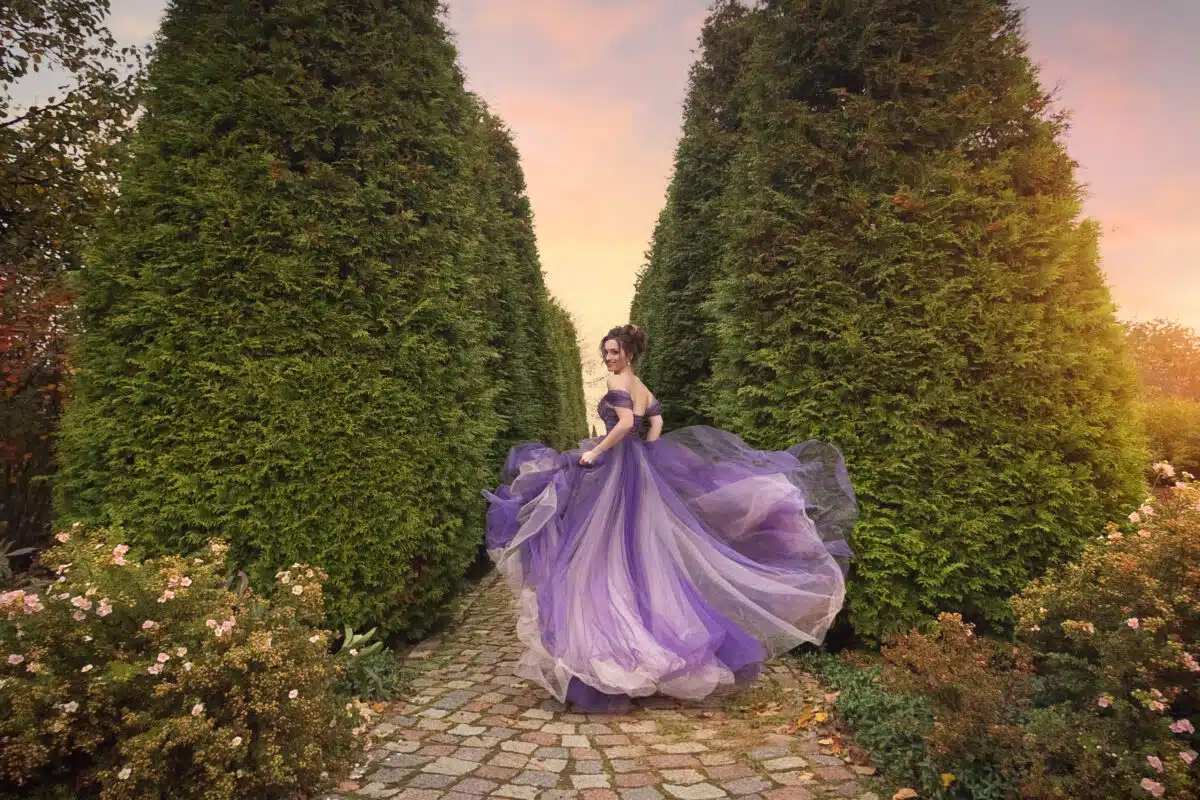
“Ah! Happy Was I Yesternight.” by W. M. MacKeracher
Ah! happy was I yesternight
I trod the paths of love
Within Elysian fields of bliss,
Enchanted bowers above.
A heavenly maiden by my side,
So wondrous fair that e’en
Surrounding nature shared her charms,
Imparted to the scene.
By smiling water-brooks we strolled,
And joyous woods among,
Whose every grove re-echoed tune
From birds that gaily sung.
We breathed the breath of fragrant flowers,
That filled the scented air;
The gentle zephyr fanned our cheeks,
And waved her silken hair.
We glided on through glassy glades,
Where, in the golden glow,
Fantastic forms by fancy framed
Were flitting to and fro.
She seeming spake, but ’twas not speech,
The words were notes of love,
Soft, silver sounds, as though they fell
Strains from the harps above.
The passing rapture of the hour
‘Tis folly to recall;
All, all around was paradise,
And she was queen of all.
We parted: broken was the spell;
The blissful dream was o’er;
I stood upon the city street,
Before her father’s door.
What though I wildly walked the hills,
Nor any respite found!
My thoughts as ghastly and as dark
As were the shades around.
What though since then in Stygian gloom
My soul to grope is given!
Can earth be else but dull to him,
Who once has tasted heaven?
“Happiness And Vision.” by Johann Wolfgang von Goethe
Together at the altar we
In vision oft were seen by thee,
Thyself as bride, as bridegroom I.
Oft from thy mouth full many a kiss
In an unguarded hour of bliss
I then would steal, while none were by.
The purest rapture we then knew,
The joy those happy hours gave too,
When tasted, fled, as time fleets on.
What now avails my joy to me?
Like dreams the warmest kisses flee,
Like kisses, soon all joys are gone.
“A-Maying” by Katharine Forrest Hamill
We will go a-Maying dear,
Just you and I together,
Oh, the glory of God’s blossoming
Sunshiny weather!
Ev’ry ill we will forget,
Nor remember a regret,
For ’twill never do to fret
Whilst we are a-straying.
Only laughter ringing clear,
Waking echo far and near;
You and I so happy dear;
A-Maying! A-Maying!
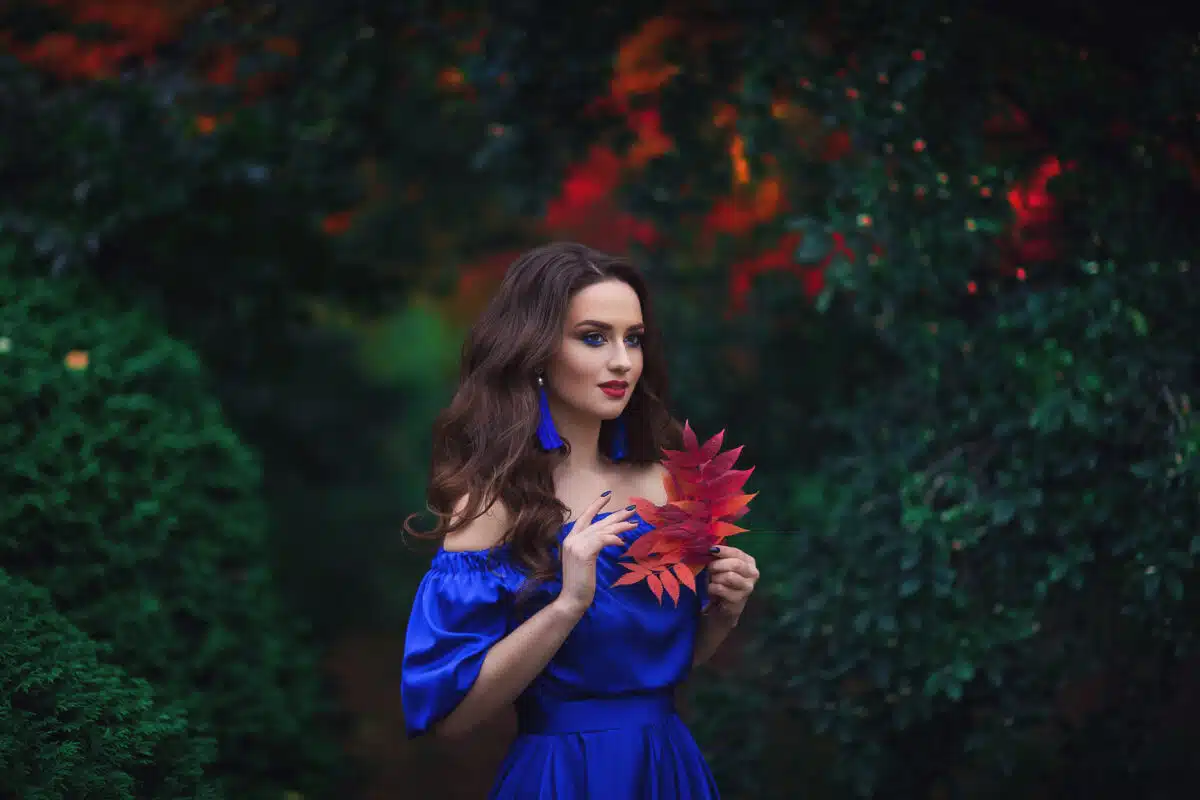
“Happiest” by George Sterling
Calling you now, not for your flesh I call,
Nor for the mad, long raptures of the night
And passion in its beauty and its might,
When the ecstatic bodies rise and fall.
I cannot feign: God knows I see it all—
The flaming senses, raving with delight,
The leopards, swift and terrible and white,
Within the loins that shudder as they crawl.
All that could I exultingly forego,
Could I but stand, one flash of time, and see
Your heavenly, entrancing face, and know
I stood most blest of all beneath the sun,
Hearing these words from your fond lips to me:
“I love, love you, and love no other one!”
“The Meeting” by Sara Teasdale
I’m happy, I’m happy,
I saw my love to-day.
He came along the crowded street,
By all the ladies gay,
And oh, he smiled and spoke to me
Before he went his way.
My throat was tight with happiness,
I couldn’t say a word,
My heart was beating fast, so fast
I’m sure he must have heard;
And when he passed, I trembled like
A little frightened bird.
I wish I were the flower-girl
Who waits beside the way,
I’d give my flowers all to him
And see him every day;
I wish I were the flower-girl
Who waits beside the way.
“The Happy Night” by John Collings Squire, Sir
I have loved to-night; from love’s last bordering steep
I have fallen at last with joy and forgotten the shore;
I have known my love to-night as never before,
I have flung myself in the deep, and drawn from the deep,
And kissed her lightly, and left my beloved to sleep.
And now I sit in the night and my heart is still:
Strong and secure; there is nothing that’s left to will,
There is nothing to win but only a thing to keep.
And I look to-night, completed and not afraid,
Into the windy dark where shines no light;
And care not at all though the darkness never should fade,
Nor fear that death should suddenly come to-night.
Knowing my last would be surely my bravest breath,
I am happy to-night: I have laughed to-night at death.
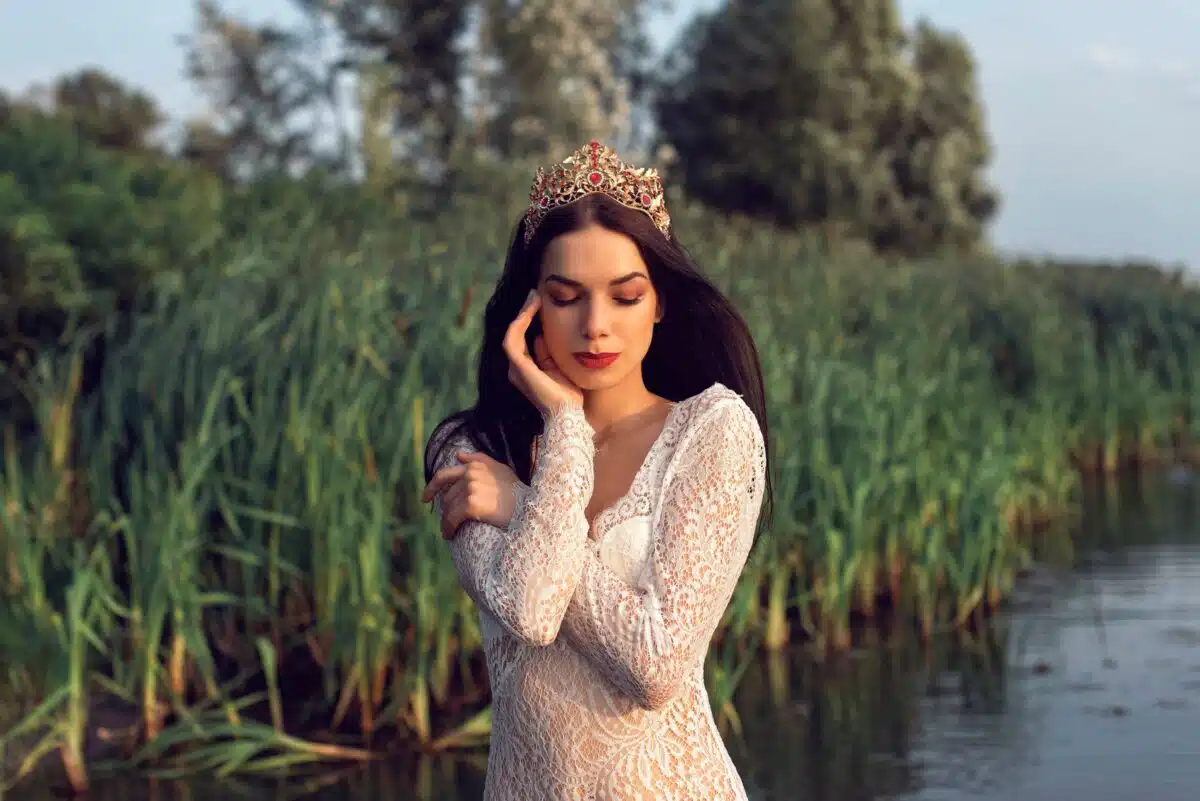
“Well I Remember How You Smiled” by Walter Savage Landor
Well I remember how you smiled
To see me write your name upon
The soft sea-sand—‘O! what a child!
You think you’re writing upon stone!’
I have since written what no tide
Shall ever wash away, what men
Unborn shall read o’er ocean wide
And find Ianthe’s name again.
“The Blossom” by William Blake
Under leaves so green
A happy blossom
Sees you, swift as arrow,
Seek your cradle narrow,
Near my bosom.
Pretty, pretty robin!
Under leaves so green
A happy blossom
Hears you sobbing, sobbing,
Pretty, pretty robin,
Near my bosom.
Poems About Happiness by Famous Poets
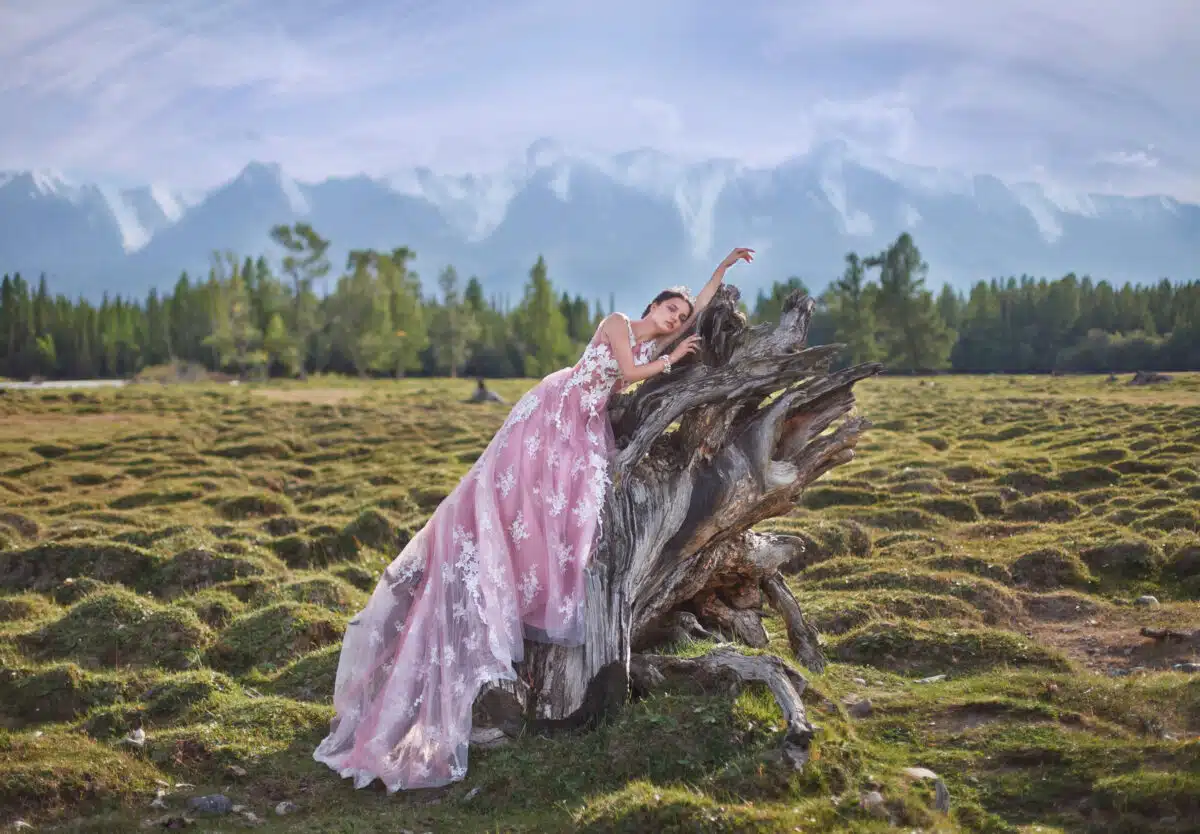
“On Joy and Sorrow” by Kahlil Gibran
Then a woman said, Speak to us of Joy and Sorrow.
And he answered:
Your joy is your sorrow unmasked.
And the selfsame well from which your laughter rises was oftentimes filled with your tears.
And how else can it be?
The deeper that sorrow carves into your being, the more joy you can contain.
Is not the cup that holds your wine the very cup that was burned in the potter’s oven?
And is not the lute that soothes your spirit, the very wood that was hollowed with knives?
When you are joyous, look deep into your heart and you shall find it is only that which has given you sorrow that is giving you joy.
When you are sorrowful look again in your heart, and you shall see that in truth you are weeping for that which has been your delight.
Some of you say, “Joy is greater than sorrow,” and others say, “Nay, sorrow is the greater.”
But I say unto you, they are inseparable.
Together they come, and when one sits alone with you at your board, remember that the other is asleep upon your bed.
Verily you are suspended like scales between your sorrow and your joy.
Only when you are empty are you at standstill and balanced.
When the treasure-keeper lifts you to weigh his gold and his silver, needs must your joy or your sorrow rise or fall.
“I wandered lonely as a Cloud” by William Wordsworth
I wandered lonely as a Cloud
That floats on high o’er Vales and Hills,
When all at once I saw a crowd,
A host of golden Daffodils;
Beside the Lake, beneath the trees,
Fluttering and dancing in the breeze.
Continuous as the stars that shine
And twinkle on the Milky Way,
They stretched in never-ending line
Along the margin of a bay:
Ten thousand saw I at a glance,
Tossing their heads in sprightly dance.
The waves beside them danced, but they
Out-did the sparkling waves in glee:—
A Poet could not but be gay
In such a jocund company:
I gazed—and gazed—but little thought
What wealth the shew to me had brought:
For oft when on my couch I lie
In vacant or in pensive mood,
They flash upon that inward eye
Which is the bliss of solitude,
And then my heart with pleasure fills,
And dances with the Daffodils.
“Happiness” by Madison Julius Cawein
There is a voice that calls to me; a voice that cries deep down;
That calls within my heart of hearts when Summer doffs her crown:
When Summer doffs her crown, my dear, and by the hills and streams
The spirit of September walks through gold and purple gleams:
It calls my heart beyond the mart, beyond the street and town,
To take again, in sun or rain, the oldtime trail of dreams.
Oh, it is long ago, my dear, a weary time since we
Trod back the way we used to know by wildwood rock and tree:
By mossy rock and tree, dear Heart, and sat below the hill,
And watched the wheel, the old mill-wheel, turn round on Babbit’s mill:
Or in the brook, with line and hook, to dronings of the bee,
Waded or swam, above the dam, and drank of joy our fill
The ironweed is purple now; the blackeyed-Susans nod;
And by its banks, weighed down with wet, blooms bright the goldenrod:
Blooms bright the goldenrod, my dear, and in the mist of morn
The gray hawk soars and screams and soars above the dripping corn:
And by the pool, cerulean cool, the milkweed bursts its pod,
As through the air the wild fanfare rings of the hunter’s horn.
The hunter’s horn we heard, my dear, that echoed ‘mid the rocks,
And cheered the hounds whose belling bay trailed far behind the fox:
Trailed far behind the fox, dear Heart, whose den we oft had seen,
A cave-like place within the woods wild-hid in trailing green:
Old Owlet’s Roost, wherein we used to search, with tangled locks,
For buried gold, where, we were told, the bandit’s lair had been.
O gladness of the long-gone years! O boyhood’s days and dreams!
Again my soul would trace with you the oldtime Woods and streams:
The oldtime woods and streams, dear Heart, and seek again, I guess,
The buried gold, we sought of old, and find it none the less
Still in the ground, fast sealed and bound, among the glooms and gleams,
As long ago we left it so, the gold of Happiness.

“Gitanjali 44” by Rabindranath Tagore
This is my delight, thus to wait and watch at the wayside where shadow chases light and the rain comes in the wake of the summer.
Messengers, with tidings from unknown skies, greet me and speed along the road. My heart is glad within, and the breath of the passing breeze is sweet.
From dawn till dusk I sit here before my door, and I know that of a sudden the happy moment will arrive when I shall see.
In the meanwhile I smile and I sing all alone. In the meanwhile the air is filling with the perfume of promise.
“Laughter Holding Both His Sides” by James Whitcomb Riley
Ay, thou varlet! Laugh away!
All the world’s a holiday!
Laugh away, and roar and shout
Till thy hoarse tongue lolleth out!
Bloat thy cheeks, and bulge thine eyes
Unto bursting; pelt thy thighs
With thy swollen palms, and roar
As thou never hast before!
Lustier! Wilt thou! Peal on peal!
Stiflest? Squat and grind thy heel–
Wrestle with thy loins, and then
Wheeze thee whiles, and whoop again!
“Laughing Song” by William Blake
When the green woods laugh with the voice of joy,
And the dimpling stream runs laughing by;
When the air does laugh with our merry wit,
And the green hill laughs with the noise of it;
when the meadows laugh with lively green,
And the grasshopper laughs in the merry scene,
When Mary and Susan and Emily
With their sweet round mouths sing “Ha, ha he!”
When the painted birds laugh in the shade,
Where our table with cherries and nuts is spread:
Come live, and be merry, and join with me,
To sing the sweet chorus of “Ha, ha, he!”

“Happiness” by Carl Sandburg
I asked the professors who teach the meaning of life to tell me what is happiness.
And I went to famous executives who boss the work of thousands of men.
They all shook their heads and gave me a smile as though I was trying to fool with them
And then one Sunday afternoon I wandered out along the Desplaines river
And I saw a crowd of Hungarians under the trees with their women and children and a keg of beer and an accordion.
“Infant Joy: by William Blake
“I have no name;
I am but two days old.”
What shall I call thee?
“I happy am,
Joy is my name.”
Sweet joy befall thee!
Pretty joy!
Sweet joy, but two days old.
Sweet Joy I call thee:
Thou dost smile,
I sing the while;
Sweet joy befall thee!
“Spring” by William Blake
Sound the flute!
Now it’s mute!
Bird’s delight,
Day and night,
Nightingale,
In the dale,
Lark in sky,–
Merrily,
Merrily merrily, to welcome in the year.
Little boy,
Full of joy;
Little girl,
Sweet and small;
Cock does crow,
So do you;
Merry voice,
Infant noise;
Merrily, merrily, to welcome in the year.
Little lamb,
Here I am;
Come and lick
My white neck;
Let me pull
Your soft wool;
Let me kiss
Your soft face;
Merrily, merrily, to welcome in the year.
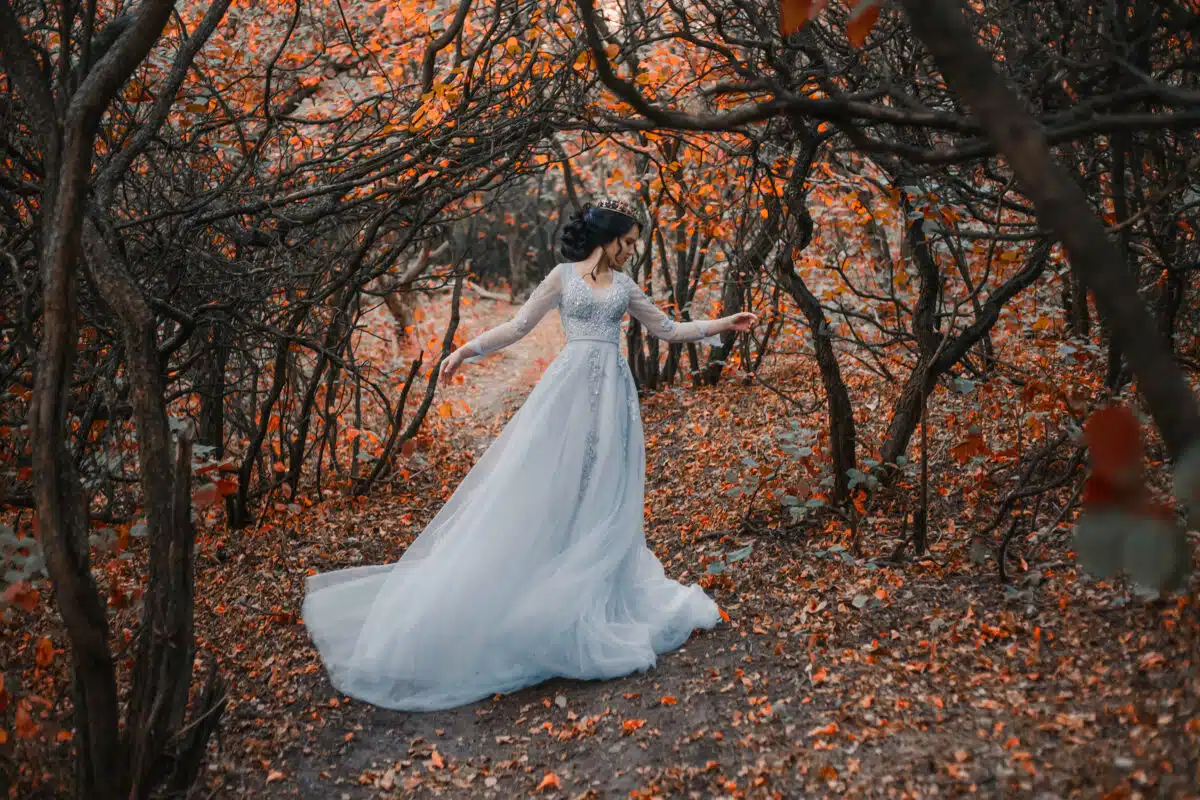
“Happy, Happy It Is To Be” by Walter De La Mare
“Happy, happy it is to be
Where the greenwood hangs o’er the dark blue sea;
To roam in the moonbeams clear and still
And dance with the elves
Over dale and hill;
To taste their cups, and with them roam
The field for dewdrops and honeycomb.
Climb then, and come, as quick as you can,
And dwell with the fairies, Elizabeth Ann!
“Never, never, comes tear or sorrow,
In the mansions old where the fairies dwell;
But only the harping of their sweet harp-strings,
And the lonesome stroke of a distant bell,
Where upon hills of thyme and heather,
The shepherd sits with his wandering sheep;
And the curlew wails, and the skylark hovers
Over the sand where the conies creep;
Climb then, and come, as quick as you can,
And dwell with the fairies, Elizabeth Ann!”
“The Happiest Day” by Edgar Allan Poe
I
The happiest day the happiest hour
My seared and blighted heart hath known,
The highest hope of pride and power,
I feel hath flown.
II
Of power! said I? Yes! such I ween
But they have vanished long, alas!
The visions of my youth have been
But let them pass.
III
And pride, what have I now with thee?
Another brow may ev’n inherit
The venom thou hast poured on me
Be still my spirit!
IV
The happiest day the happiest hour
Mine eyes shall see have ever seen
The brightest glance of pride and power
I feel have been:
V
But were that hope of pride and power
Now offered with the pain
Ev’n then I felt that brightest hour
I would not live again:
VI
For on its wing was dark alloy
And as it fluttered fell
An essence powerful to destroy
A soul that knew it well.
“Happiness” by John Frederick Freeman
I have found happiness who looked not for it.
There was a green fresh hedge,
And willows by the river side,
And whistling sedge.
The heaviness I felt was all around.
No joy sang in the wind.
Only dull slow life everywhere,
And in my mind.
Then from the sedge a bird cried; and all changed.
Heaviness turned to mirth:
The willows the stream’s cheek caressed,
The sun the earth.
What was it in the bird’s song worked such change?
The grass was wonderful.
I did not dream such beauty was
In things so dull.
What was it in the bird’s song gave the water
That living, sentient look?
Lent the rare brightness to the hedge?
That sweetness shook
Down on the green path by the running water?
Or the small daisies lit
With light of the white northern stars
In dark skies set?
What was it made the whole world marvellous?
Mere common things were joys.
The cloud running upon the grass,
Children’s faint noise,
The trees that grow straight up and stretch wide arms,
The snow heaped in the skies,
The light falling so simply on all;
My lifted eyes
That all this startling aching beauty saw?
I felt the sharp excess
Of joy like the strong sun at noon–
Insupportable bliss!

“Character of the Happy Warrior” by William Wordsworth
Who is the happy Warrior? Who is he
What every man in arms should wish to be?
—It is the generous Spirit, who, when brought
Among the tasks of real life, hath wrought
Upon the plan that pleased his childish thought:
Whose high endeavours are an inward light
That makes the path before him always bright:
Who, with a natural instinct to discern
What knowledge can perform, is diligent to learn,
Abides by this resolve, and stops not there,
But makes his moral being his prime care;
Who, doomed to go in company with Pain,
And Fear, and Bloodshed, miserable train!
Turns his necessity to glorious gain;
In face of these doth exercise a power
Which is our human nature’s highest dower;
Controls them and subdues, transmutes, bereaves
Of their bad influence, and their good receives:
By objects, which might force the soul to abate
Her feeling, rendered more compassionate;
Is placable—because occasions rise
So often that demand such sacrifice;
More skilful in self-knowledge, even more pure,
As tempted more; more able to endure,
As more exposed to suffering and distress;
Thence, also, more alive to tenderness.
—’Tis he whose law is reason; who depends
Upon that law as on the best of friends;
Whence, in a state where men are tempted still
To evil for a guard against worse ill,
And what in quality or act is best
Doth seldom on a right foundation rest,
He labours good on good to fix, and owes
To virtue every triumph that he knows:
—Who, if he rise to station of command,
Rises by open means; and there will stand
On honourable terms, or else retire,
And in himself possess his own desire;
Who comprehends his trust, and to the same
Keeps faithful with a singleness of aim;
And therefore does not stoop, nor lie in wait
For wealth, or honours, or for worldly state,
Whom they must follow; on whose head must fall,
Like showers of manna, if they come at all:
Whose power shed round him in the common strife,
Or mild concerns of ordinary life,
A constant influence, a peculiar grace;
But who, if he be called upon to face
Some awful moment to which Heaven has joined
Great issues, good or bad for human kind,
Is happy as a Lover; and attired
With sudden brightness, like a Man inspired;
And, through the heat of conflict, keeps the law
In calmness made, and sees what he foresaw:
Or if an unexpected call succeed,
Come when it will, is equal to the need:
—He who, though thus endued as with a sense
And faculty for storm and turbulence,
Is yet a Soul whose master-bias leans
To homefelt pleasures and to gentle scenes;
Sweet images! which, whereso’er he be,
Are at his heart; and such fidelity
It is his darling passion to approve;
More brave for this, that he hath much to love:—
’Tis, finally, the Man, who, lifted high,
Conspicuous object in a Nation’s eye,
Or left unthought-of in obscurity,—
Who, with a toward or untoward lot,
Prosperous or adverse, to his wish or not,
Plays, in the many games of life, that one
Where what he most doth value must be won.
Whom neither shape of danger can dismay,
Nor thought of tender happiness betray;
Who, not content that former worth stand fast,
Looks forward, persevering to the last,
From well to better, daily self-surpast:
Who, whether praise of him must walk the earth
For ever, and to noble deeds give birth,
Or he must fall to sleep without his fame,
And leave a dead unprofitable name,
Finds comfort in himself and in his cause;
And, while the mortal mist is gathering, draws
His breath in confidence of Heaven’s applause:
This is the happy Warrior; this is he
Whom every Man in arms should wish to be.
Poems About Happiness That Rhyme
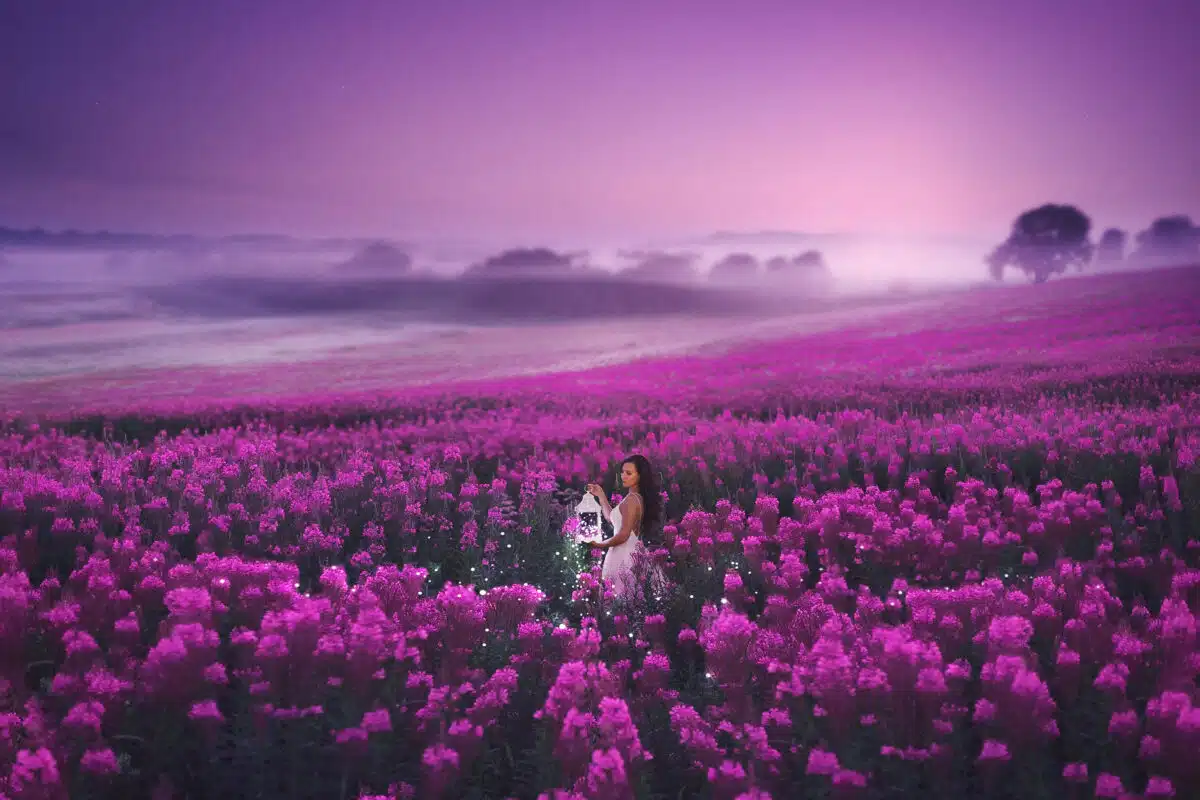
American Happiness by William McCarty
While beneath the sharp scourge of tyrannical power,
The nations of Europe complain;
And princes, and prelates, and placemen devour
What industry toils to obtain:
By ignorance, indolence, slavery depress’d,
While Asia and Africa mourn;
Where the lamp that illumines the national breast
Is dimly discover’d to burn:
In this happy clime, by Columbus explor’d,
The genius of Freedom presides;
Her sons to protect, wields the wide-waving sword;
With wisdom our government guides.
No monarch his millions here annually spends,
By the sweat of his subjects obtain’d;
Nor gives to his favourites, flatterers, and friends,
What labour has honestly gain’d.
To support our free system of government, all
Their proportion with cheerfulness pay;
Or does, on our purses, necessity call—
Her mandates we promptly obey.
No armies of hirelings our country o’erspread,
At once to oppress and despoil:
As he earns, every citizen eats his own bread,
And feeds on the fruits of his toil.
No privileged clergy our property seize,
To sate their extortionate thirst:
We give and withhold when and whate’er we please,
Adjudging to each what is just.
Wide over our fields wave rich oceans of grain;
Our meadows with provender teem;
The full horn of Plenty is pour’d on the plain;
And Peace sheds abroad her bright beam.
Columbians! how bless’d is your lot in this life,
By the goodness of Providence given;
Remote from injustice, corruption, and strife,
To enjoy all the bounties of Heaven.
How blissful, compared with the sorrowful fate
Of the rest of this sublunar globe;
Where the wounds which oppression inflicts on the state
Are too deep and too deadly to probe.
While our bosoms expand with emotions of joy
For these favours so freely bestow’d;
Let each heart hymns of gratitude offer on high
To our good and beneficent God.
And let all who love liberty firmly unite,
To preserve it unsullied and pure;
To protect from infraction each rational right,
And bar to oppression the door.
O, let not corruption enfeeble your hands,
On which Freedom must lean for defence;
Nor Dissension dissolve your reciprocal bands,
Whatever her specious pretence.
But by virtue transmit to your sons unimpair’d,
What your sires by their valour obtain’d;
From the fraud of your foes those immunities guard,
Which by force were so happily gain’d.
United and virtuous, your empire shall stand,
The glory and pride of the world,
Till Time from his glass shall shake out the last sand,
And Eternity’s flag be unfurl’d.
But should luxury, vice, and contention arise,
And your manners and morals deprave,
The fabric of Freedom, which now towers to the skies,
Must tumble in Tyranny’s grave.
Should Liberty, through the misdeeds of her friends,
From this her last refuge be driven,
She will fling her fair form on the wings of the winds,
And return to her birth-place in Heaven.
“Morning” by Olivia Ward Bush-Banks
Bright glows the morn, I pace the shining sands,
And watch the children, as with eager hands
They gather driftwood for the evening fire.
Their merry laughter, ringing loud and clear,
Resounds like sweetest music to my ear,
As swift they toil, each with the same desire.
And now their task completed, they depart,
Each one with beaming face and happy heart,
They too, will watch the driftwood fire to-night,
And knowing this, they hasten glad and gay,
With willing feet, along the homeward way,
Their precious burdens bearing with delight.
I watch these little children of the poor,
Till they have reached each lowly dwelling’s door,
And then, I too my footsteps homeward turn;
I fancy what a joyous sight ’twill be,
To see the children sitting in their glee,
Close by the fire and laugh to see it burn.
“Joy In The Morning: by Joseph Horatio Chant
The night of affliction, with its long hours of sadness,
Will soon pass away to be remembered no more;
And the weeping will end in a morning of gladness;
For no sorrow is known on the evergreen shore.
In this world we shall have tribulation and sorrow;
‘Tis enough for the subject to be as his king;
But if we are faithful, joy will come with the morrow,
And with the blood-washed a new song shall we sing.
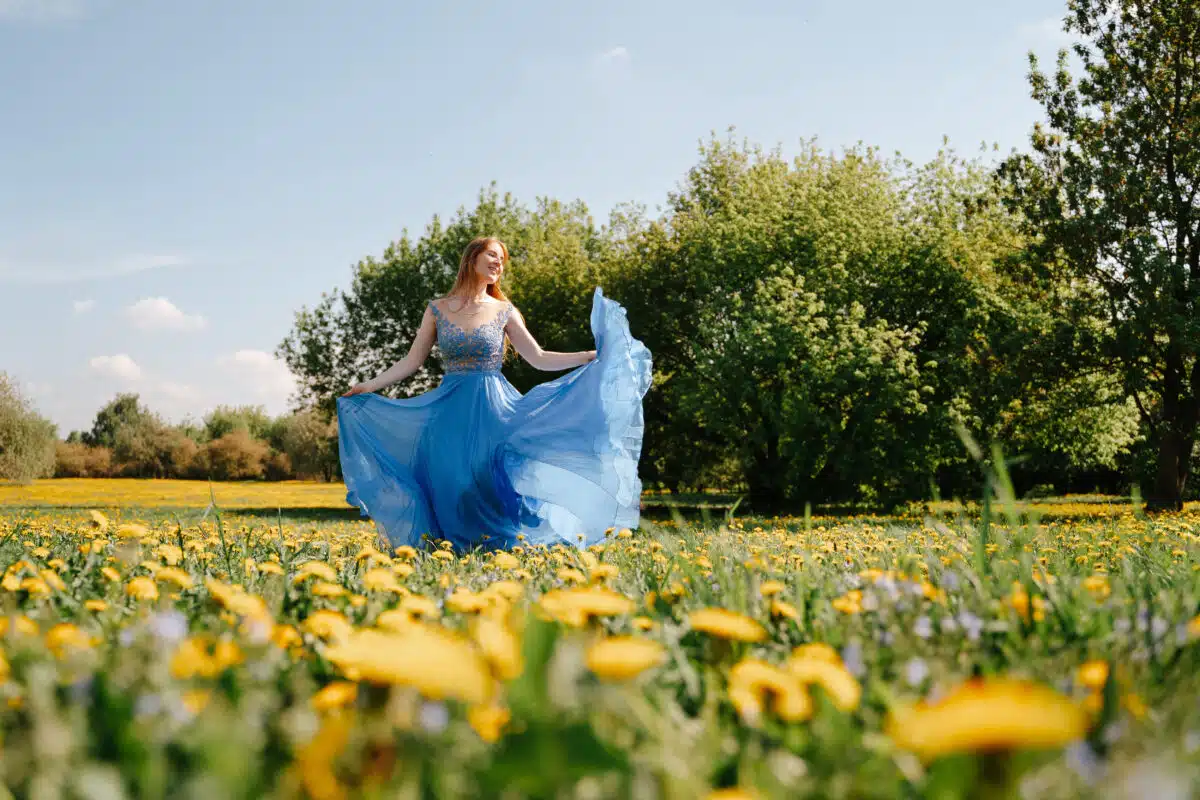
“Happiness” by Richard Monckton Milnes, Lord Houghton
A splendor amid glooms, a sunny thread
Woven into a tapestry of cloud,
A merry child a-playing with the shroud
That lies upon a breathless mother’s bed,
A garland on the front of one new-wed,
Trembling and weeping while her troth is vowed,
A school-boy’s laugh that rises light and loud
In licensed freedom from ungentle dread;—
These are ensamples of the Happiness
For which our nature fits us. More and less
Are parts of all things to the mortal given,
Of Love, Joy, Truth, and Beauty. Perfect light
Would dazzle, not illuminate, our sight;
From Earth it is enough to glimpse at Heaven.
“The Happiest Heart” by John Vance Cheney
Who drives the horses of the sun
Shall lord it but a day;
Better the lowly deed were done,
And kept the humble way.
The rust will find the sword of fame,
The dust will hide the crown;
Ay, none shall nail so high his name
Time will not tear it down.
The happiest heart that ever beat
Was in some quiet breast
That found the common daylight sweet,
And left to Heaven the rest.
“The Task of Happiness” by Robert Louis Stevenson
If I have faltered more or less
In my great task of happiness;
If I have moved among my race
And shown no glorious morning face;
If beams from happy human eyes
Have moved me not; if morning skies,
Books, and my food, and summer rain
Knocked on my sullen heart in vain:—
Lord, Thy most pointed pleasure take
And stab my spirit broad awake;
Or, Lord, if too obdurate I,
Choose Thou, before that spirit die,
A piercing pain, a killing sin,
And to my dead heart run them in!
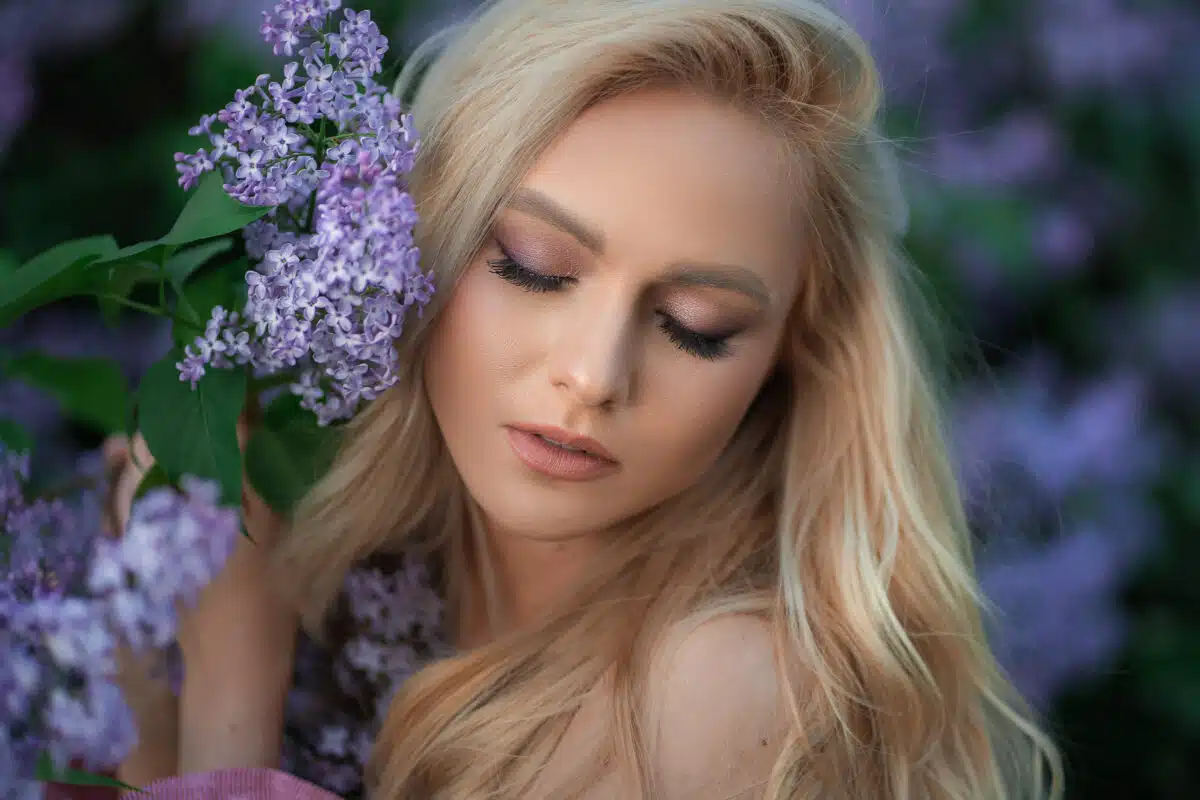
“An Hymn of True Happiness” by William Drummond
Amidst the azure cleare
Of Jordan’s sacred streames,
Jordan, of Libanon the offspring deare,
When zephires flowres vnclose,
And sunne shines with new beames,
With graue and statelie grace a nymphe arose.
Vpon her head shee ware
Of amaranthes a crowne;
Her left hand palmes, her right a brandon beare.
Vnvail’d skinne’s whitenesse lay,
Gold haires in curles hang downe,
Eyes sparkled ioy, more bright than starre of day.
The flood a throne her rear’d
Of waues, most like that heauen
Where beaming starres in glorie turne ensphear’d:
The air stood calme and cleare,
No sigh by windes was giuen;
Birdes left to sing, heards feed, her voice to heare.
“World-wand’ring sorrie wights,
Whom no thing can content,
Within these varying lists of dayes and nights
Whose life, ere known amisse,
In glittering griefes is spent,
Come learne,” said shee, “what is your choicest blisse;
“From toyle and pressing cares
How ye may respit finde,
A sanctuarie from soule-thralling snares,
A port to harboure sure,
In spite of waues and winde,
Which shall, when times’ houre-glass is runne, endure.
“Not happie is that life
Which yee as happie hold:
No; but a sea of feares, a field of strife,
Charg’d on a throne to sit,
With diademes of gold,
Preseru’d by force, and still obseru’d by wit.
“Huge treasures to enioy,
Of all her gemmes spoyle Inde,
All Seres’ silke in garments to imploy,
Deliciouslie to feed,
The phœnix’ plumes to finde
To rest vpon, or decke your purple bed;
“Fraile beautie to abuse,
And, wanton Sybarites,
On past or present touch of sense to muse;
Neuer to hear of noise
But what the ear delites,
Sweet musick’s charmes, or charming flatterer’s voice.
“Nor can it blisse you bring,
Hidde nature’s depthes to know,
Why matter changeth, whence each forme doth spring;
Nor that your fame should range,
And after-worlds it blow
From Tanais to Nile, from Nile to Gange.
“All these haue not the powre
To free the minde from feares,
Nor hiddeous horror can allay one howre,
When Death in stealthe doth glance,
In sickness lurke or yeares,
And wakes the soule from out her mortall trance.
“No; but blest life is this:
With chaste and pure desire
To turne vnto the load-starre of all blisse,
On God the minde to rest,
Burnt vp with sacred fire,
Possessing him, to bee by him possest;
“When to the baulmie east
Sunne doth his light imparte,
Or when he diueth in the lowlie west
And rauisheth the day,
With spotlesse hand and hart,
Him cheerefullie to praise, and to Him pray;
“To heed each action so
As euer in his sight,
More fearing doing ill than passiue woe;
Not to seeme other thing
Than what yee are aright;
Neuer to doe what may repentance bring:
“Not to bee blowne with pride,
Nor mou’d at glorie’s breath,
Which, shadow-like, on wings of time doth glide;
So malice to disarme,
And conquer hastie wrath,
As to doe good to those that worke your harme:
“To hatch no base desires,
Or gold or land to gaine,
Well pleased with what by vertue one acquires;
To haue the wit and will
Consorting in one straine,
Than what is good to haue no higher skill:
“Neuer on neighbour’s well
With cockatrice’s eye
To look, nor make another’s heauen your hell;
Nor to be beautie’s thrall;
All fruitlesse loue to flie,
Yet louing still a loue transcending all,—
“A loue, which, while it burnes
The soule with fairest beames,
To that vncreatde Sunne the soule it turnes,
And makes such beautie proue
That, if sense saw her gleames,
All lookers-on would pine and die for loue.
“Who such a life doth liue
Yee happie euen may call,
Ere ruthlesse Death a whished end him giue;
And after then, when giuen,
More happie by his fall,
For humane’s earth enioying angels’ heauen.
“Swift is your mortall race,
And glassie is the field;
Vaste are desires not limited by grace:
Life a weak tapper is;
Then while it light doth yeeld,
Leaue flying ioyes, embrace this lasting blisse.”
This when the nymph had said,
She diu’d within the flood,
Whose face with smyling curles long after staid;
Then sighes did zephyres presse,
Birdes sang from euerie wood,
And ecchoes rang—“This was true happinesse.”
Poems About Happiness in Life
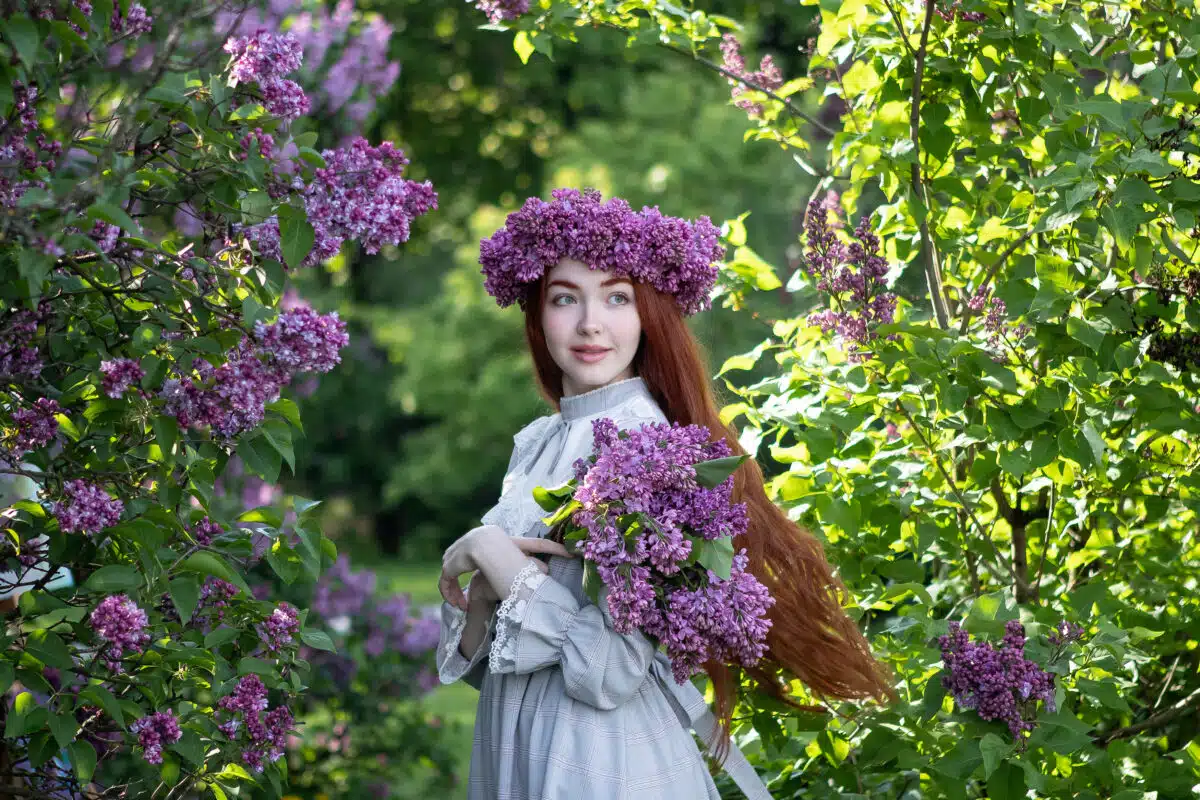
“What Is Happiness?” by Joseph Brown Ladd
’T is an empty, fleeting shade,
By imagination made
’T is a bubble, straw, or worse
’T is a baby’s hobby-horse:
’T is two hundred shillings clear;
’T is ten thousand pounds a year:
’T is a title, ’t is a name;
’T is a puff of empty fame;
Fickle as the breezes blow;
’T is a lady’s yes or no!
And when the description’s crown’d,
’T is just no where to be found.
Arouet shows, I must confess,
Says Delia, what is happiness;
I wish he now would tell us what
This self-same happiness is not.
What happiness is not? I vow,
That, Delia, you have posed me now:
What it is not—stay, let me see—
I think, dear maid, ’t is—not for me.
“The Joy of the Hills” by Edwin Markham
I ride on the mountain tops, I ride;
I have found my life and am satisfied.
Onward I ride in the blowing oats,
Checking the field-lark’s rippling notes—
Lightly I sweep
From steep to steep:
Over my head through the branches high
Come glimpses of a rushing sky;
The tall oats brush my horse’s flanks;
Wild poppies crowd on the sunny banks;
A bee booms out of the scented grass;
A jay laughs with me as I pass.
I ride on the hills, I forgive, I forget
Life’s board of regret—
All the terror and pain
Of the chafing chain.
Grind on, O cities, grind:
I leave you a blur behind.
I am lifted elate—the skies expand:
Here the world’s heaped gold is a pile of sand.
Let them weary and work in their narrow walls:
I ride with the voices of waterfalls!
I swing on as one in a dream—I swing
Down the airy hollows, I shout, I sing!
The world is gone like an empty word:
My body’s a bough in the wind, my heart a bird!
“The Way to Be Happy” by William Ray
Do troubles overwhelm thy soul,
Like billows of the ocean,
That o’er the shipwreck’d victim roll,
In terrible commotion;
Seize bold Imagination’s wing,
And soar to heaven, so seeming,
Or reign a potentate and king—
’T is all obtain’d by—dreaming.
Do pain and poverty unite
To rob thee of all pleasure—
Like thieves break in at dead of night,
And steal away thy treasure,
The treasure of a tranquil mind
With joy and rapture teeming,
Seek—seek, my friend, and thou shalt find
More solid joy in—dreaming.
For let the world still darker frown
Than night-clouds on creation,
And shower its tenfold vengeance down,
Its wrath and indignation,
On this devoted head of mine,
One star is still left gleaming,
One light that will for ever shine—
The hope—the bliss of dreaming.
The world can neither give nor take
Away these mental riches;
They ’re mine—and sleeping or awake,
I love the little witches;
They charm my senses to repose,
While cares and wants are screaming
My eyes and ears, to misery close,
And give me peace in—dreaming.
Whene’er I lay me down to rest,
With toils and sorrows weary—
A heart most feelingly distress’d,
And all on earth looks dreary;
Aerial powers around me throng,
With light and glory beaming,
And waft my raptured soul along
The paradise of—dreaming.
And oft as pensively I walk
In solitary places,
I hear celestial spirits talk,
And think I see their faces;
They bid me leave all earthly things,
While tears of grief are streaming—
I mount Imagination’s wings,
And find my heaven in—dreaming.

“Gitanjali 62” by Rabindranath Tagore
When I bring to you coloured toys, my child, I understand why there is such a play of colours on clouds, on water, and why flowers are painted in tints—when I give coloured toys to you, my child.
When I sing to make you dance I truly know why there is music in leaves, and why waves send their chorus of voices to the heart of the listening earth—when I sing to make you dance.
When I bring sweet things to your greedy hands I know why there is honey in the cup of the flower and why fruits are secretly filled with sweet juice—when I bring sweet things to your greedy hands.
When I kiss your face to make you smile, my darling, I surely understand what the pleasure is that streams from the sky in morning light, and what delight that is why the summer breeze brings to my body—when I kiss you to make you smile.
“Gitanjali 58” by Rabindranath Tagore
Let all the strains of joy mingle in my last song—the joy that makes the earth flow over in the riotous excess of the grass, the joy that sets the twin brothers, life and death, dancing over the wide world, the joy that sweeps in with the tempest, shaking and waking all life with laughter, the joy that sits still with its tears on the open red lotus of pain, and the joy that throws everything it has upon the dust, and knows not a word.
“Happy Days” by Mary Hannay Foott
A fringe of rushes—one green line
Upon a faded plain;
A silver streak of water-shine—
Above, tree-watchers twain.
It was our resting-place awhile,
And still, with backward gaze,
We say: “‘Tis many a weary mile—
But there were happy days.”
And shall no ripple break the sand
Upon our farther way?
Or reedy ranks all knee-deep stand?
Or leafy tree-tops sway?
The gold of dawn is surely met
In sunset’s lavish blaze;
And—in horizons hidden yet—
There shall be happy days.
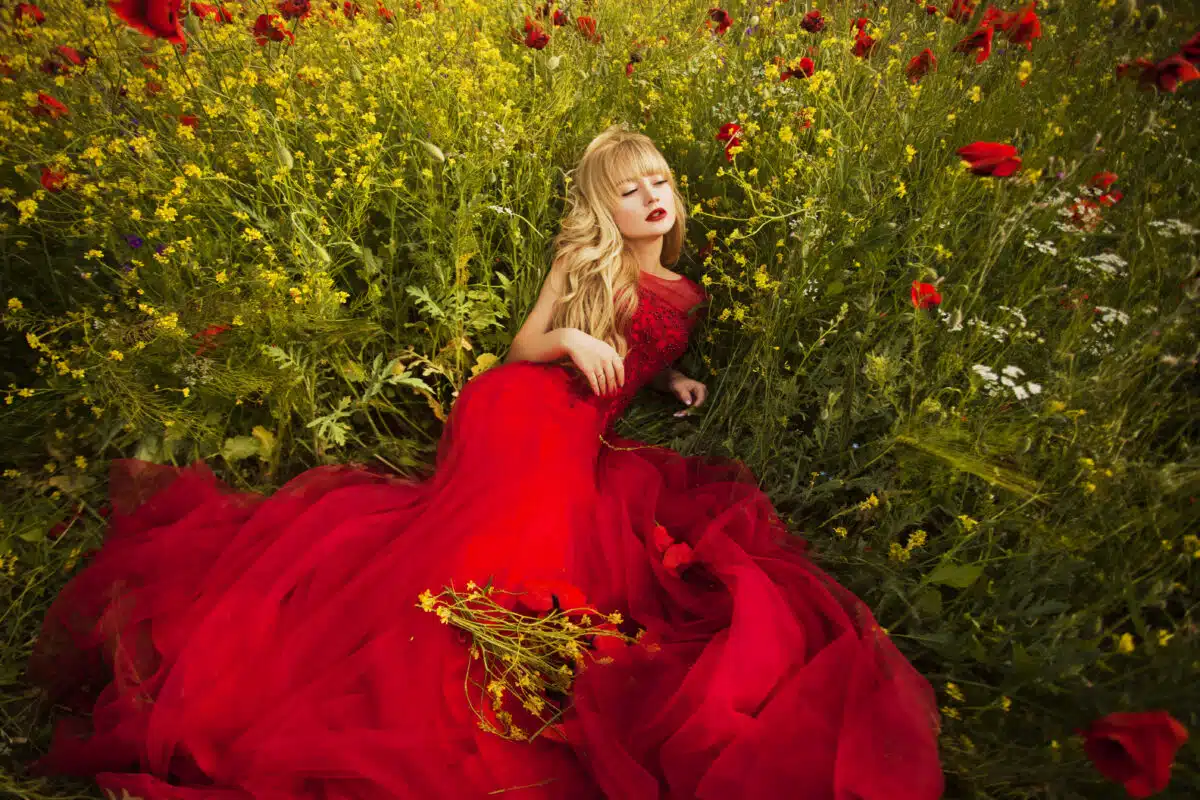
From “Happiness” by Ella Wheeler Wilcox
There are so many little things that make life beautiful.
I can recall a day in early youth when I was longing for happiness.
Toward the western hills I gazed, watching for its approach.
The hills lay between me and the setting sun, and over them led a highway.
When some traveller crossed the hill, always a fine grey dust rose cloudless against the sky.
The traveller I could not distinguish, but the dust-cloud I could see.
And the dust-cloud seemed formed of hopes and possibilities -each speck an embryo event.
At sunset, when the skies were fair, the dust-cloud grew radiant and shone with visions.
The happiness for which I waited came not to me adown that western slope,
But now I can recall the cloud of golden dust, the sunset, and the highway leading over the hill,
The wonderful hope and expectancy of my heart, the visions of youth in my eyes; and I know this was happiness.
“Happiness.” by Thomas Frederick Young
Fair Happiness, I’ve courted thee,
And used each cunning art and wile,
Which lovers use with maidens coy,
To win one tender glance or smile.
Thou hast been coy as any maid,
So lofty, distant, stern and cold,
And guarded from a touch of mine,
As miser guards his precious gold.
To win a smile from thee, did seem
A painful, fruitless thing to try,
Thy scornful, thin and cruel lips,
No pity gave thy steely eye.
Thy countenance, so sternly set,
Did seem to say how vain to knock
At thy heart’s door, for all within
Was hard, as adamantine rock.
Thus unto me thy visage seem’d,
But faces do not always tell
The feelings of the heart within,
Or thoughts that underneath them dwell.
For e’en at times, I saw thy face
Relax, and look with pity down,
On struggling, weary mortals here,
Without one scornful glance or frown.
At times I’ve seen thy steely eye,
Sheath’d with a look of tender love,
As if thou saw our mortal woes,
And fain would help, but dare not move.
As if some higher power than thine,
Directed all things here below,
And for some wise and happy end,
Let struggling mortals suffer woe.
Except at times, when from thy face,
A cheerful light is shed on men,
And when, withdrawn within thyself,
We, hopeful, watch for it again.
Such is the happiness of earth, –
A sudden light, a glancing beam,
Which cheers us in our lonely bark,
Upon times dark, relentless stream.
The stormy waves roll darkling on,
And with the current we must go,
Perchance to meet some cheerful beams
Of happiness, amid our woe.
But, if we guide our bark aright,
And guard the precious tenant there,
We soon shall reach a sea of light,
From this dark, troubl’d stream of care.
Then, may we never let the shade
Of bitter trouble and despair,
Hide from our eyes the happy gleams,
Which even we, at times, may share.
“Poem” by Blanche Taylor Dickinson
Ah, I know what happiness is. . . .
It is a timid little fawn
Creeping softly up to me
For one caress, then gone
Before I’m through with it . . .
Away, like dark from dawn!
Well I know what happiness is . . . !
It is the break of day that wears
A shining dew decked diadem . . .
An aftermath of tears.
Fawn and dawn, emblems of joy . . .
I’ve played with them for years,
And always they will slip away
Into the brush of another day.

“Sonnet. To Happiness.” by William Anderson
Oh! I do hail thee, Happiness, when thou
Dost shine athwart my path with light and love,
Dispensing joy, like Heaven’s aërial bow,
When gathering clouds lour darkly from above.
Oh! I do hail thee, Happiness—the aim
And promise of my being live in thee;
I pine for thee as poets pine for fame,
Or slaves and captives for their liberty;
But fleeting art thou in this vale of strife,
A meteor gleaming o’er a desert heath—
So seldom comes thy smile to cheer our life,
We learn to hope ’twill visit us in death;
In what bright bower, supremest blessing, may
A mortal find thy never-dying ray?
“Content And Happiness” by Ella Wheeler Wilcox
How is it that men pray their earthly lot
May be ‘content and happiness’? Dire foes
Without one common trait which kinship shows
I hold these two. Contentment comes when sought,
While Happiness pursued was never caught.
But, sudden, storms the heart with mighty throes
Whenceforth, mild eyed Content affrighted goes,
To seek some calmer heart, less danger fraught.
Bold Happiness knows but one rival -Fear;
Who follows ever on his footsteps, sent
By jealous Fate who calls great joy a crime.
While in far ways ‘mong leaves just turning sere,
With gaze serene and placid, walks Content.
No heart ere held these two guests at one time.
“Hours Of Evening” by Émile Verhaeren (Frank Stuart Flint, Translator)
XVI
How happy we are still and proud of living when the least ray of sunshine glimpsed in the heavens lights up for a moment the poor flowers of rime that the hard and delicate frost engraved on our window-panes.
Rapture leaps in us and hope carries us away, and our old garden appears to us again, in spite of its long paths strewn with dead branches, living and pure and bright and full of golden gleams.
Something shining and undaunted, I know not what, creeps into our blood; and in the quick kisses that, ardently, frantically, we give each other, we re-embody the immensity and fulness of summer.
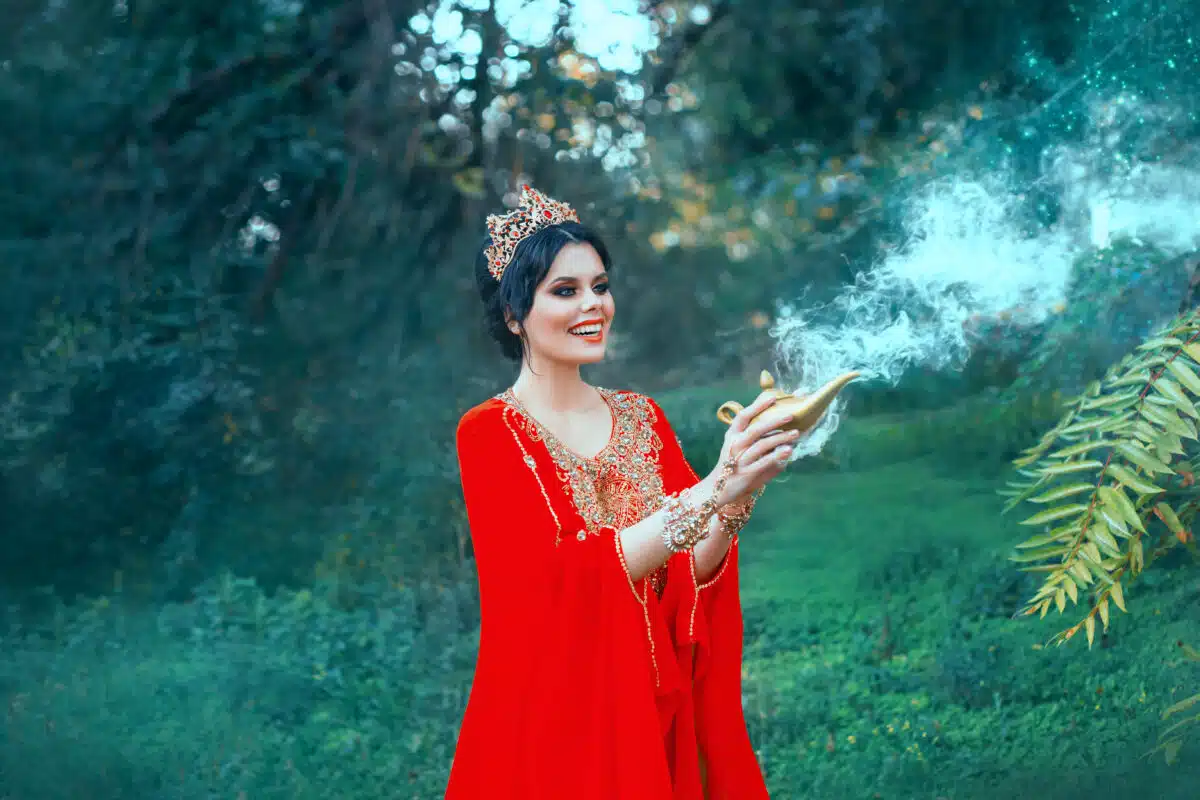
“A Happy Life” by Sir Henry Wotton
How happy is he born and taught
That serveth not another’s will;
Whose armour is his honest thought,
And simple truth his utmost skill!
Whose passions not his master’s are,
Whose soul is still prepared for death,
Not tied unto the world with care
Of public fame, or private breath.
“Joys Of Youth, How Fleeting! (Portuguese Air.)” by Thomas Moore
Whisperings, heard by wakeful maids,
To whom the night-stars guide us;
Stolen walks thro’ moonlight shades,
With those we love beside us,
Hearts beating,
At meeting;
Tears starting,
At parting;
Oh, sweet youth, how soon it fades!
Sweet joys of youth, how fleeting!
Wanderings far away from home,
With life all new before us;
Greetings warm, when home we come,
From hearts whose prayers watched o’er us.
Tears starting,
At parting;
Hearts beating,
At meeting;
Oh, sweet youth, how lost on some!
To some, how bright and fleeting!
“The Shining Hours” by Émile Verhaeren (Frank Stuart Flint, Translator)
XXII
Oh! this happiness, sometimes so rare and frail that it frightens us!
In vain we hush our voices, and make of all your hair a tent to shelter us; often the anguish in our hearts flows over.
But our love, being like a kneeling angel, begs and supplicates that the future give to others than ourselves a like affection and life, so that their fate may not be envious of ours.
And, too, on evil days, when the great evenings extend to heaven the bounds of despair, we ask forgiveness of the night that kindles with the gentleness of our heart.
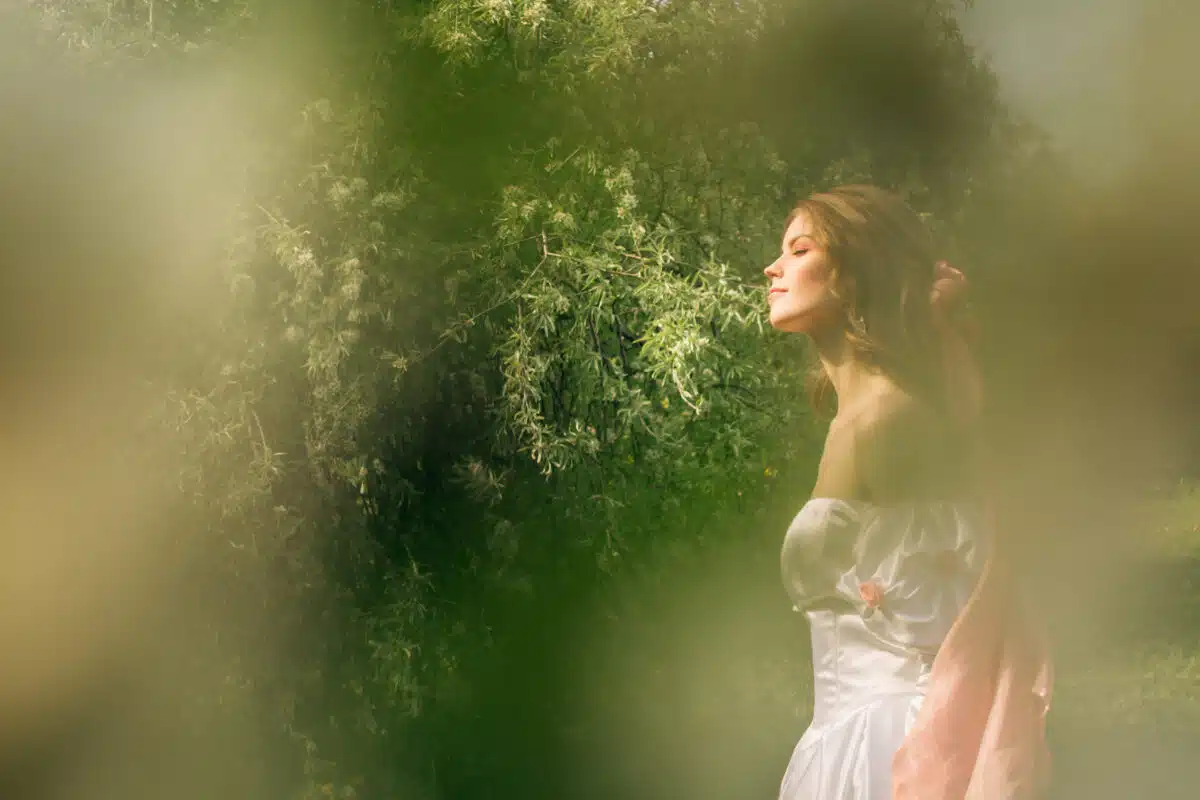
“Seeking for Happiness” by Ella Wheeler Wilcox
Seeking for happiness we must go slowly;
The road leads not down avenues of haste;
But often gently winds through by ways lowly,
Whose hidden pleasures are serene and chaste.
Seeking for happiness we must take heed
Of simple joys that are not found in speed.
Eager for noon-time’s large effulgent splendour,
Too oft we miss the beauty of the dawn,
Which tiptoes by us, evanescent, tender,
Its pure delights unrecognised till gone.
Seeking for happiness we needs must care
For all the little things that make life fair.
Dreaming of future pleasures and achievements
We must not let today starve at our door;
Nor wait till after losses and bereavements
Before we count the riches in our store.
Seeking for happiness we must prize this—
Not what will be, or was, but that which is.
In simple pathways hand in hand with duty
(With faith and love, too, ever at her side),
May happiness be met in all her beauty
The while we search for her both far and wide.
Seeking for happiness we find the way
Doing the things we ought to do each day.
“Happiness” by Robert Pollok
True Happiness had no localities,
No tones provincial no peculiar garb.
Where Duty went she went with Justice went,
And went with Meekness Charity and Love.
Where’er a tear was dried a wounded heart
Bound up a bruised spirit with the dew
Of sympathy anointed or a pang
Of honest suffering soothed or injury
Repeated oft as oft by love forgiven;
Where er an evil passion was subdued,
Or Virtue’s feeble embers fanned; where’er
A sin was heartily abjured and left;
Where er a pious act was done or breathed
A pious prayer or wished a pious wish;
There was a high and holy place a spot
Of sacred light a most religious fane,
Where Happiness descending sat and smiled.
“Joy” by Madison Julius Cawein
What were this life without her?
Joy, whose young face is sweet
With dreams that flit about her,
And rapture wild of feet!
With hope, that knows no languor,
And love, that knows no sighs,
And mirth, like some rich anger,
High-sparkling in her eyes.
Come! bid adieu to Sorrow;
And arm in arm with Joy,
We ‘ll journey towards Tomorrow,
And let no Care decoy
Our souls from all clean Pleasures,
That take from Time’s lean hand
The hour-glass he treasures,
And change to gold its sand.
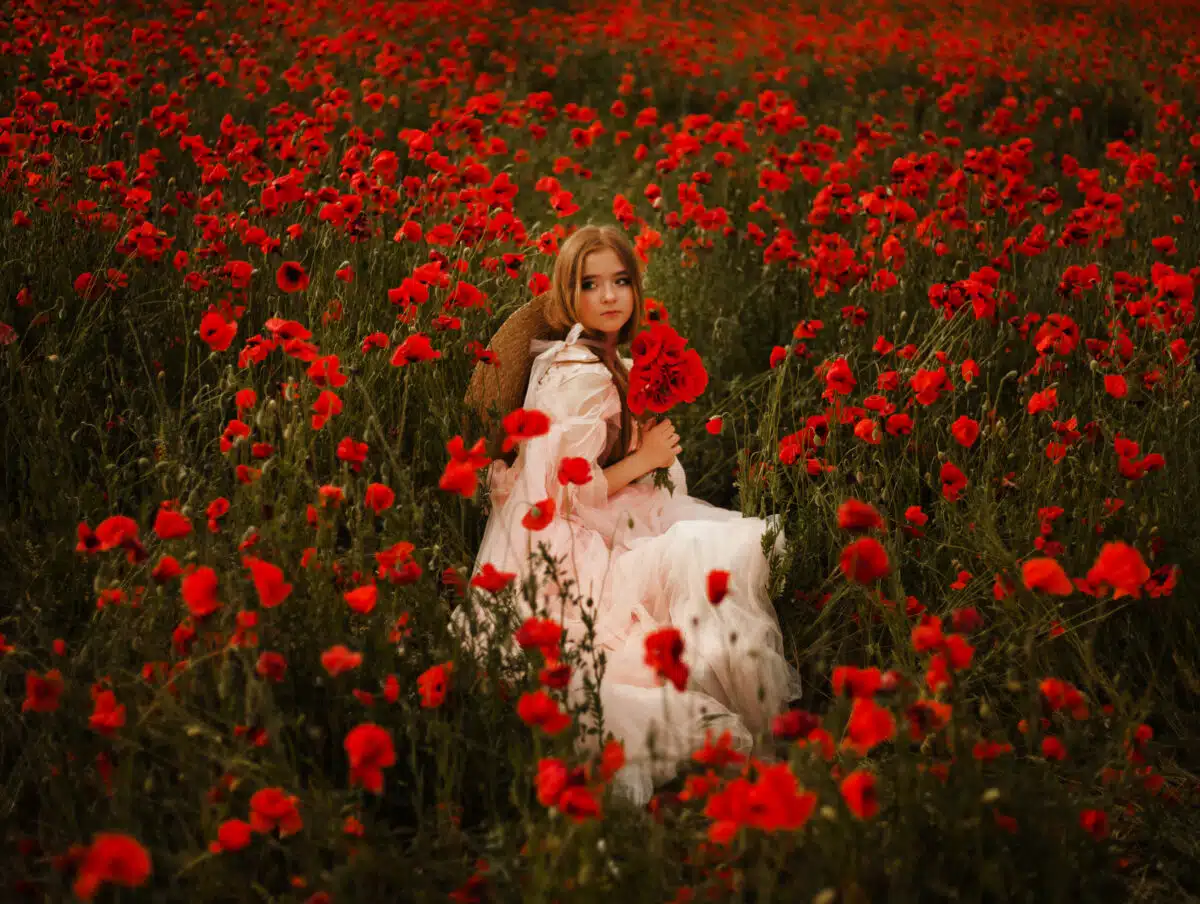
“Joys Of Youth” by John Clare
How pleasing simplest recollections seem!
Now summer comes, it warms me to look back
On the sweet happiness of youth’s wild track,
Varied and fleeting as a summer dream:
Here have I paus’d upon the sweeping rack
That specks like wool-flocks through the purple sky;
Here have I careless stooped down to catch
The meadow flower that entertain’d my eye;
And as the butterfly went whirring by,
How anxious for its settling did I watch;
And oft long purples on the water’s brink
Have tempted me to wade, in spite of fate,
To pluck the flowers. -Oh, to look back and think,
What pleasing pains such simple joys create!
“Laugh and Be Merry” by John Masefield
Laugh and be merry, remember, better the world with a song,
Better the world with a blow in the teeth of a wrong.
Laugh, for the time is brief, a thread the length of a span.
Laugh and be proud to belong to the old proud pageant of man.
Laugh and be merry: remember, in olden time.
God made Heaven and Earth for joy He took in a rhyme,
Made them, and filled them full with the strong red wine of
His mirth
The splendid joy of the stars: the joy of the earth.
So we must laugh and drink from the deep blue cup of the sky,
Join the jubilant song of the great stars sweeping by,
Laugh, and battle, and work, and drink of the wine outpoured
In the dear green earth, the sign of the joy of the Lord.
Laugh and be merry together, like brothers akin,
Guesting awhile in the rooms of a beautiful inn,
Glad till the dancing stops, and the lilt of the music ends.
Laugh till the game is played; and be you merry, my friends.
“The Joy Of Little Things” by Robert William Service
It’s good the great green earth to roam,
Where sights of awe the soul inspire;
But oh, it’s best, the coming home,
The crackle of one’s own hearth-fire!
You’ve hob-nobbed with the solemn Past;
You’ve seen the pageantry of kings;
Yet oh, how sweet to gain at last
The peace and rest of Little Things!
Perhaps you’re counted with the Great;
You strain and strive with mighty men;
Your hand is on the helm of State;
Colossus-like you stride . . . and then
There comes a pause, a shining hour,
A dog that leaps, a hand that clings:
O Titan, turn from pomp and power;
Give all your heart to Little Things.
Go couch you childwise in the grass,
Believing it’s some jungle strange,
Where mighty monsters peer and pass,
Where beetles roam and spiders range.
‘Mid gloom and gleam of leaf and blade,
What dragons rasp their painted wings!
O magic world of shine and shade!
O beauty land of Little Things!
I sometimes wonder, after all,
Amid this tangled web of fate,
If what is great may not be small,
And what is small may not be great.
So wondering I go my way,
Yet in my heart contentment sings . . .
O may I ever see, I pray,
God’s grace and love in Little Things.
So give to me, I only beg,
A little roof to call my own,
A little cider in the keg,
A little meat upon the bone;
A little garden by the sea,
A little boat that dips and swings . . .
Take wealth, take fame, but leave to me,
O Lord of Life, just Little Things.
